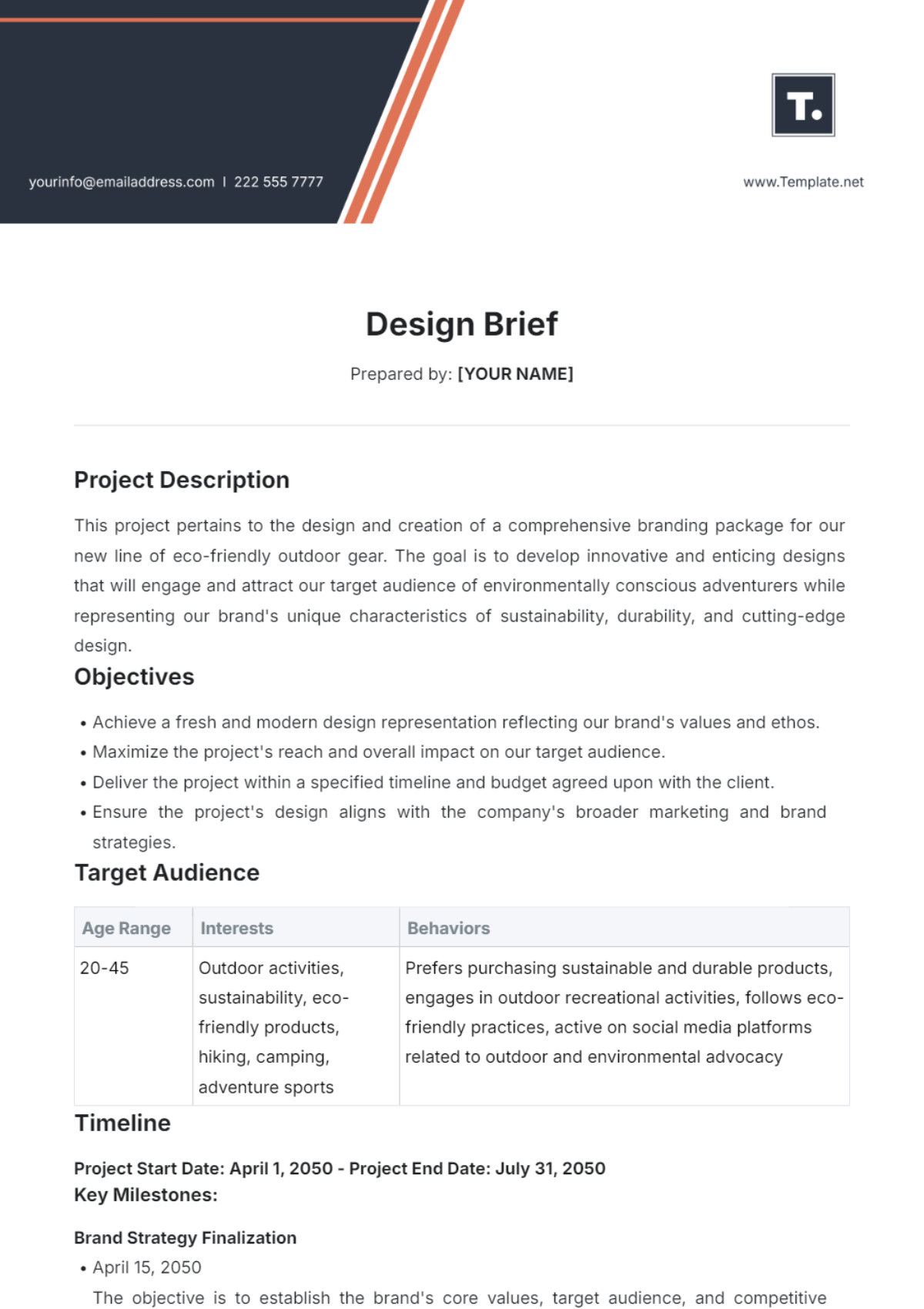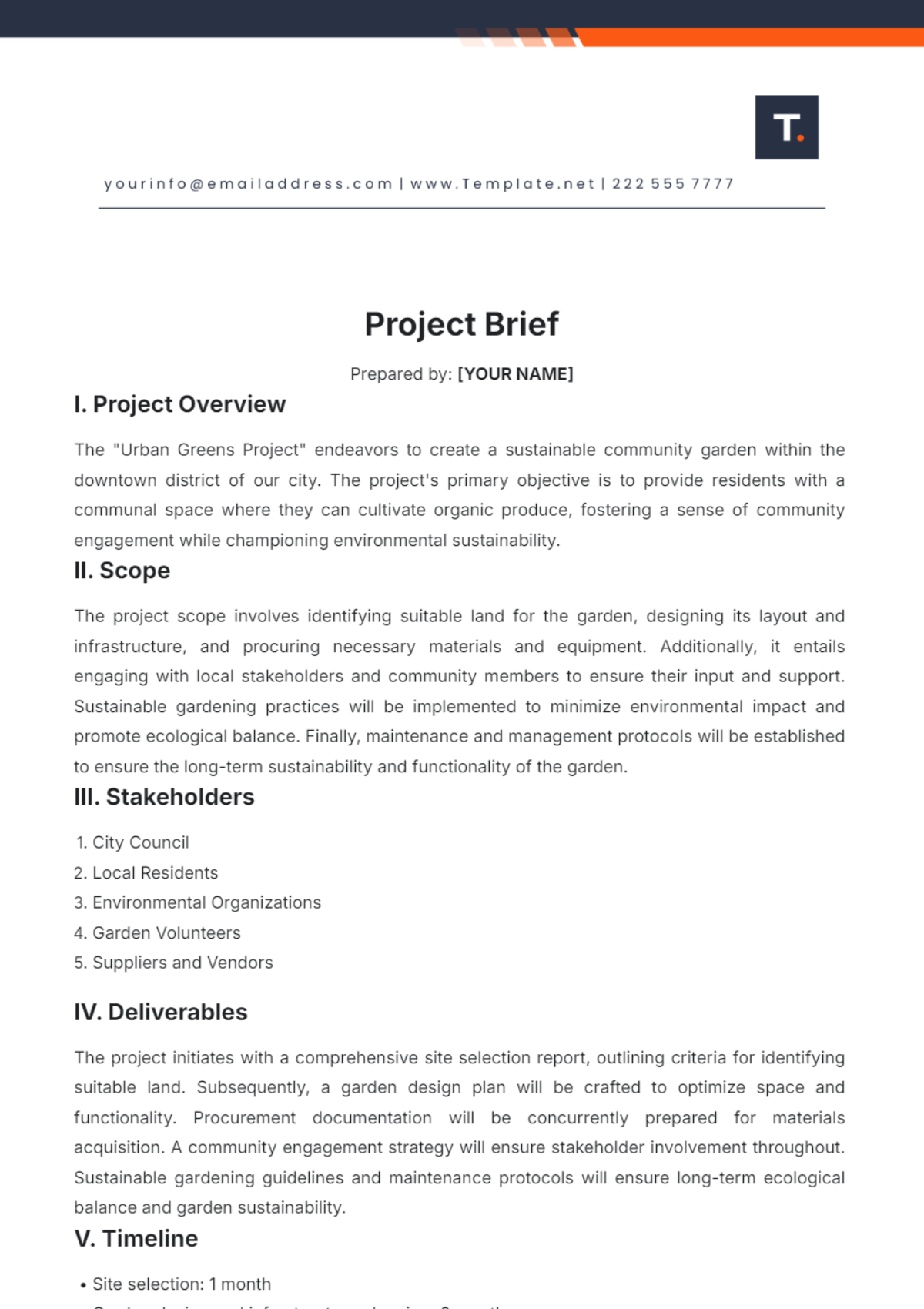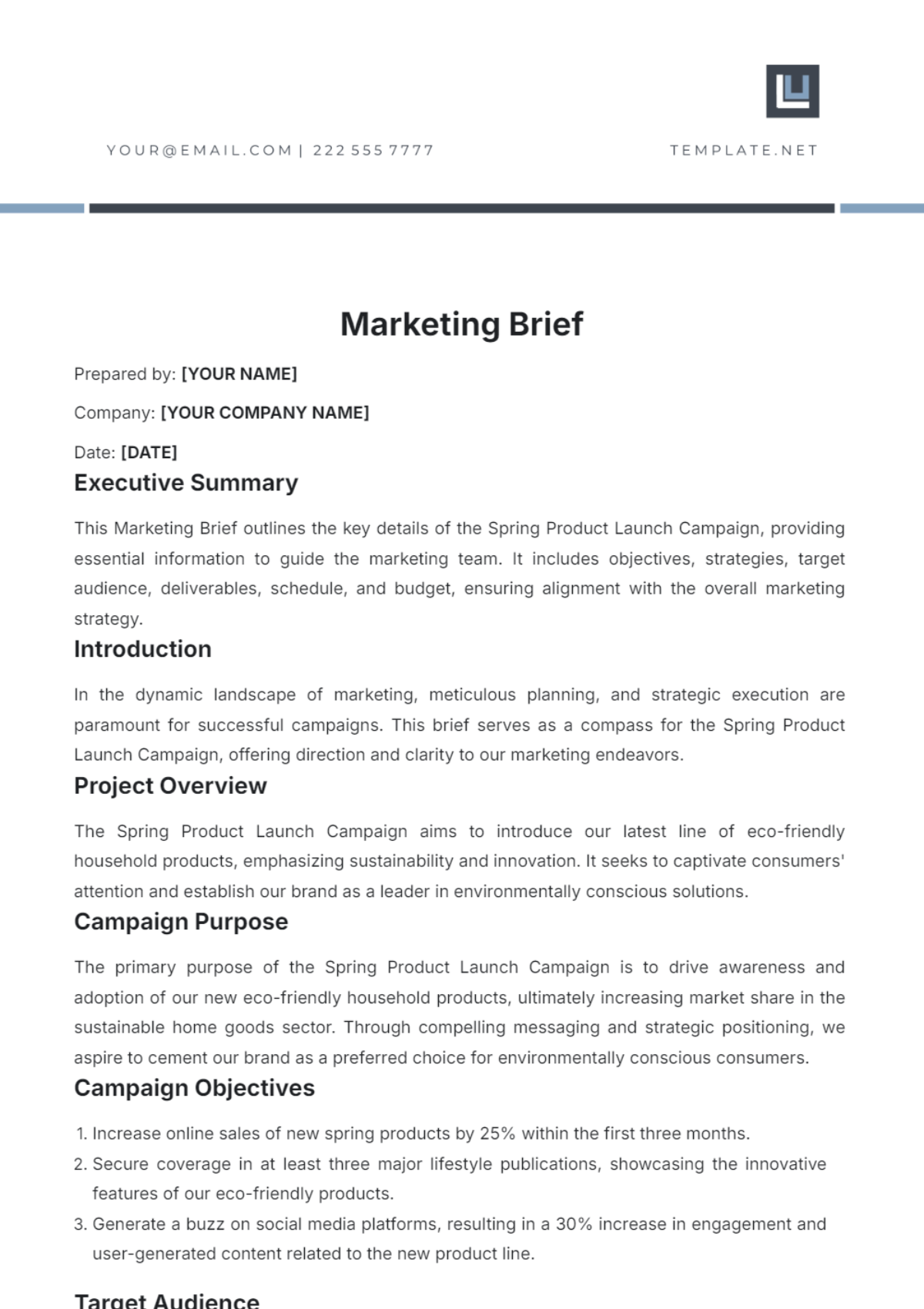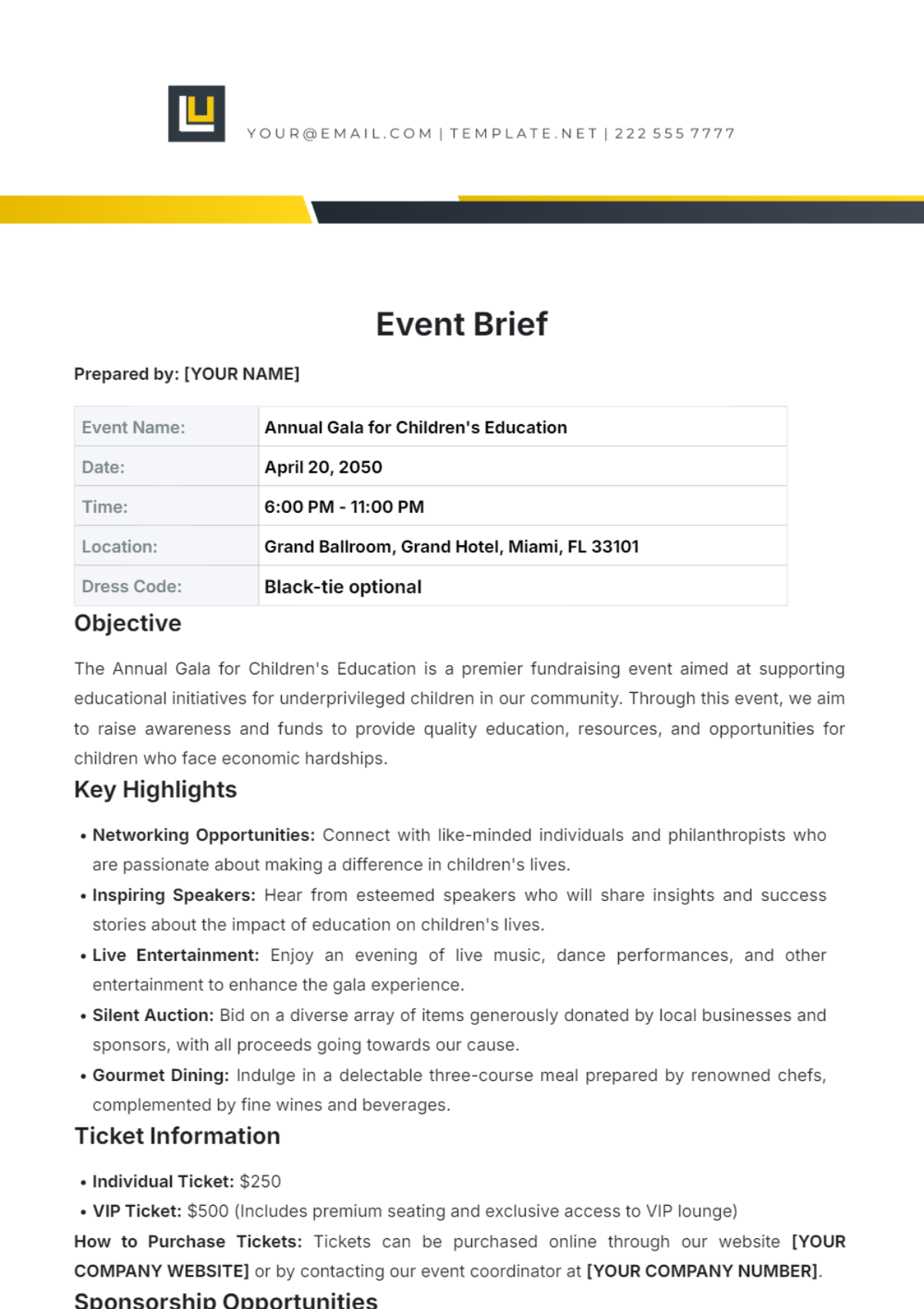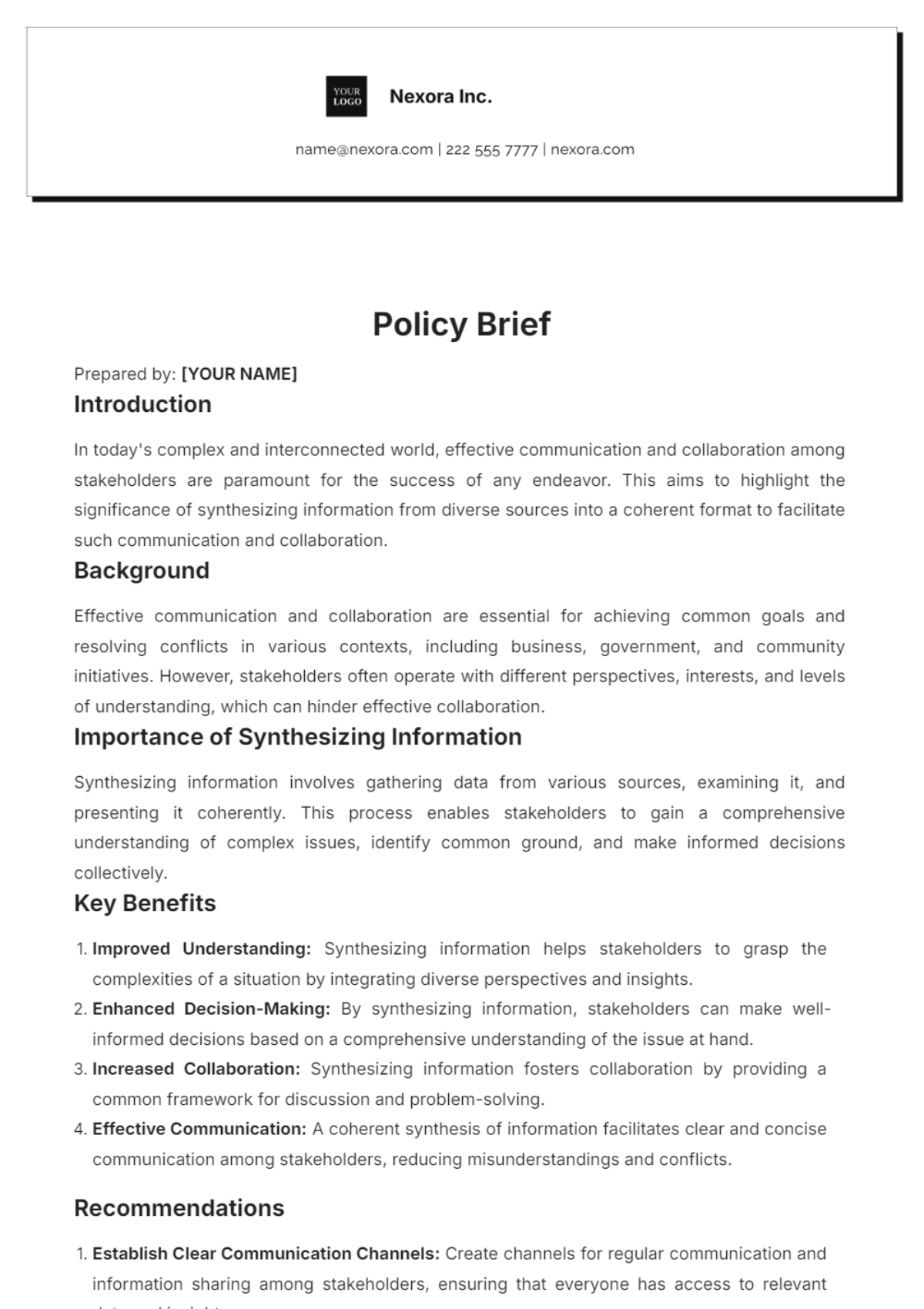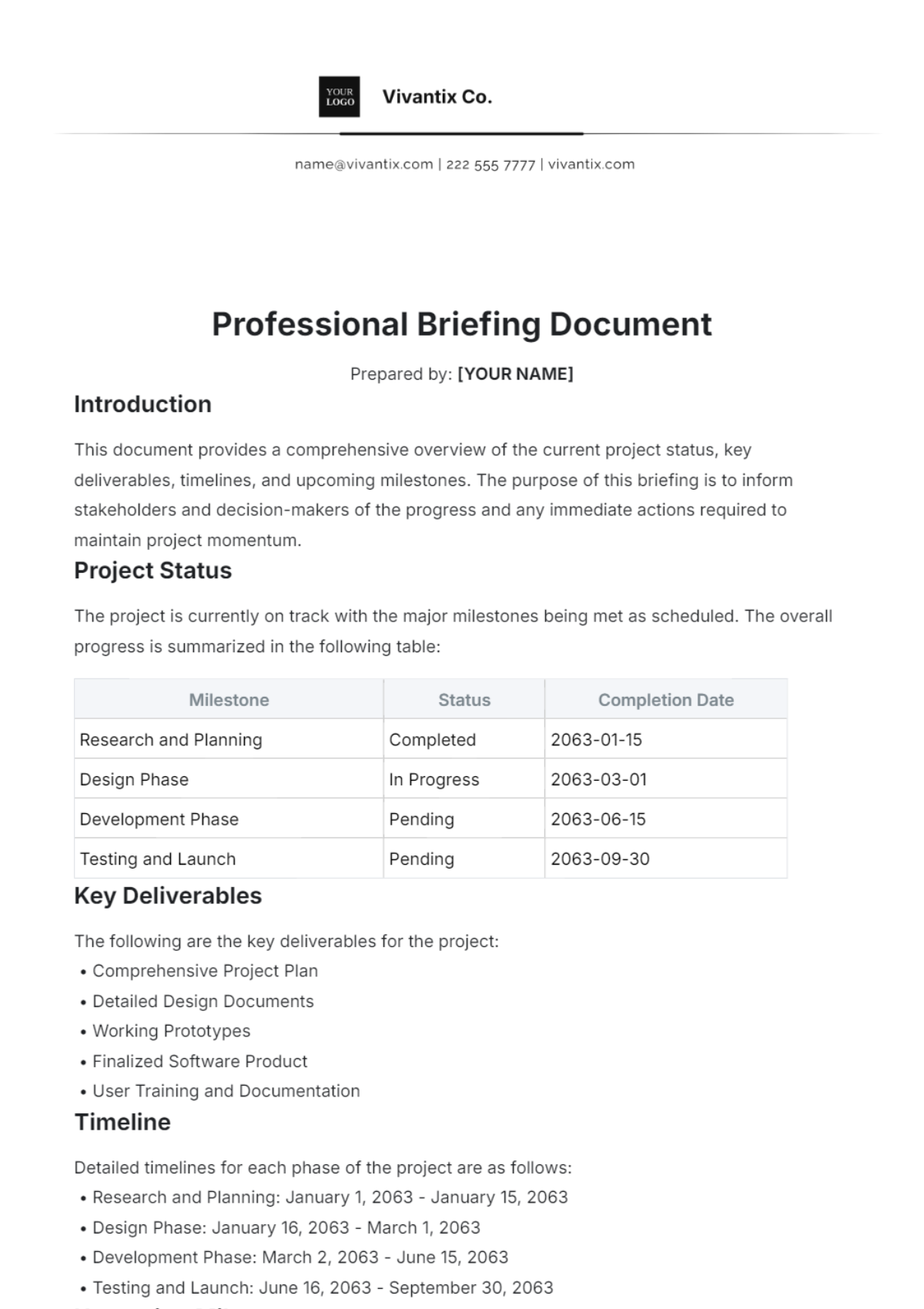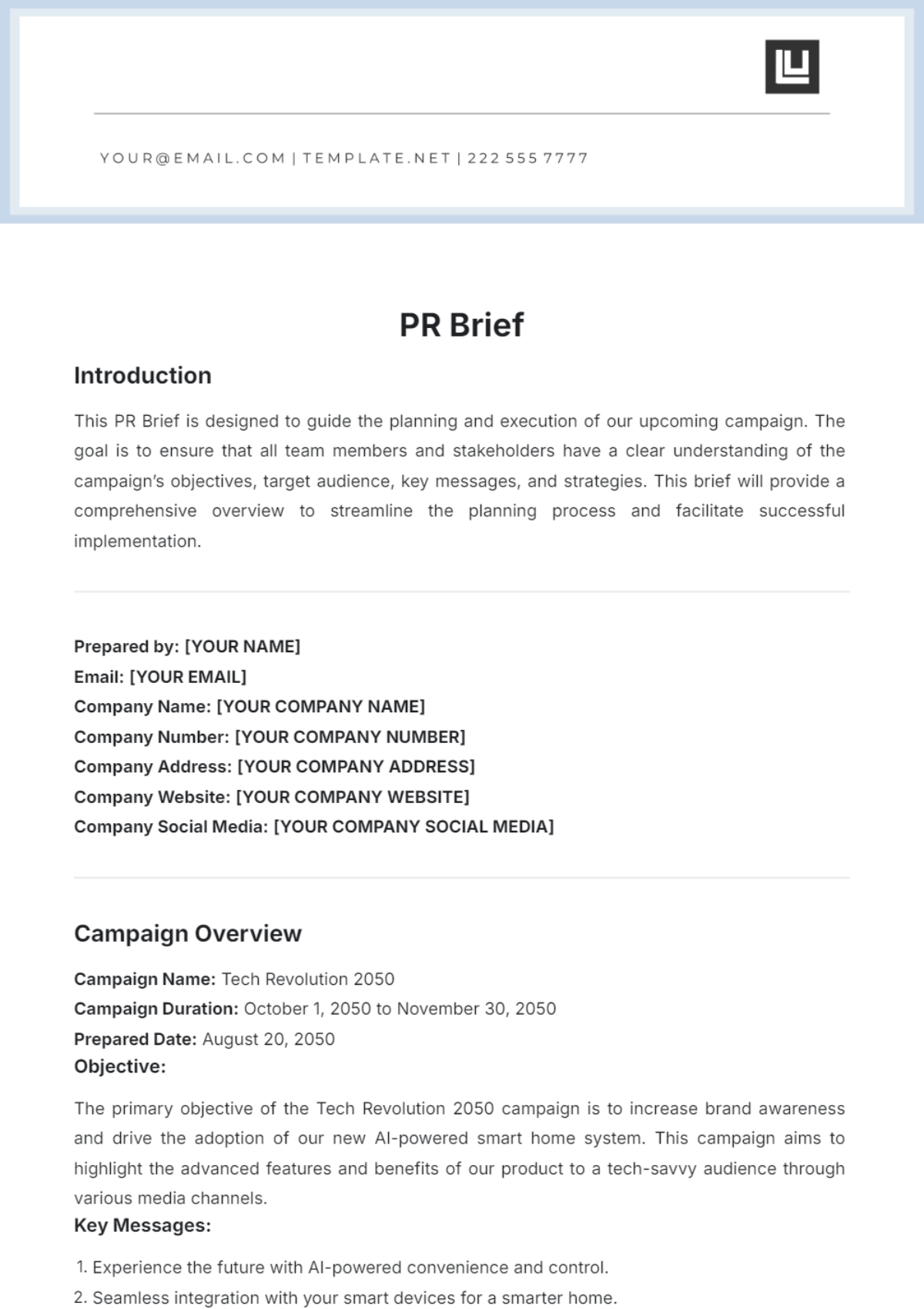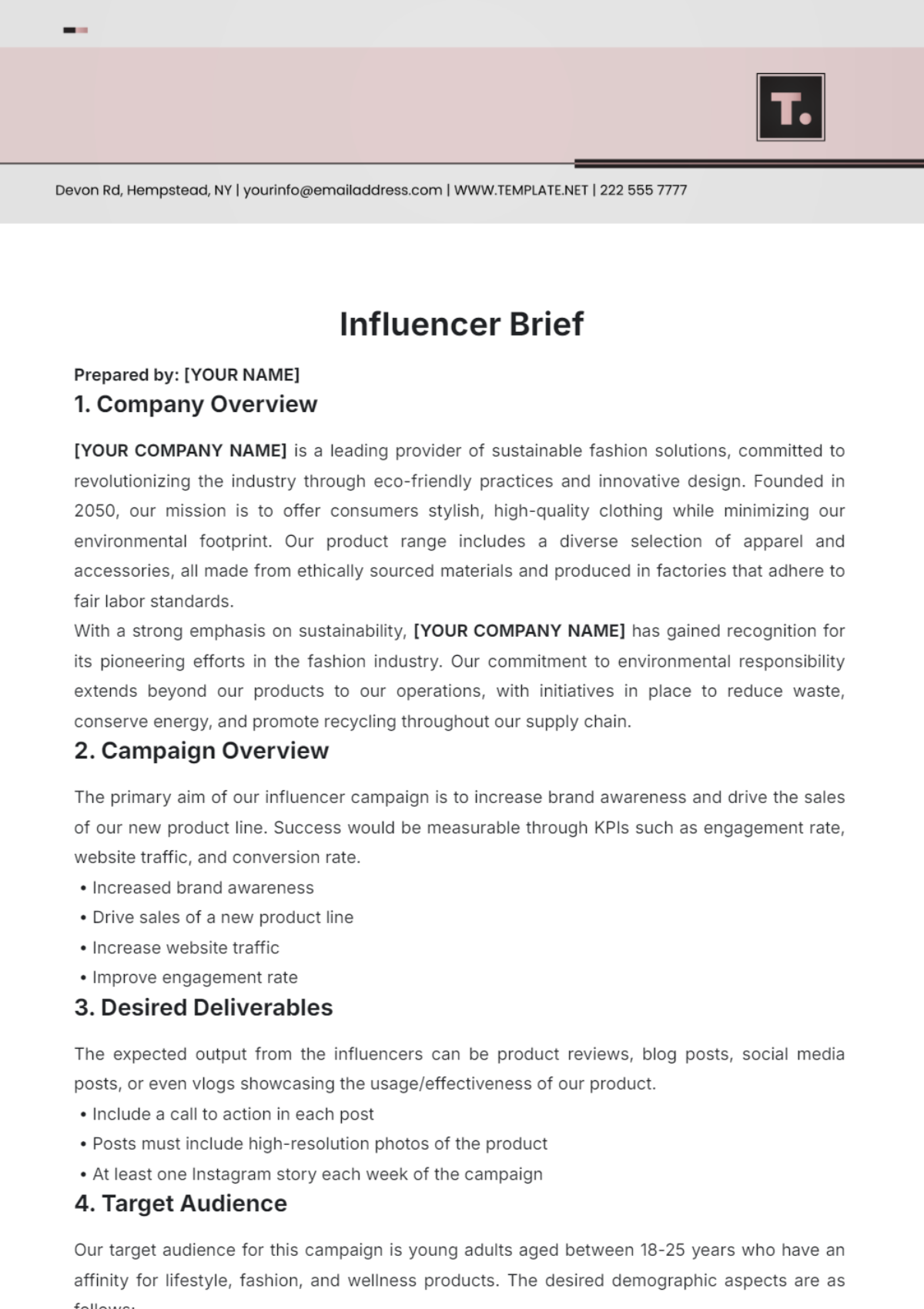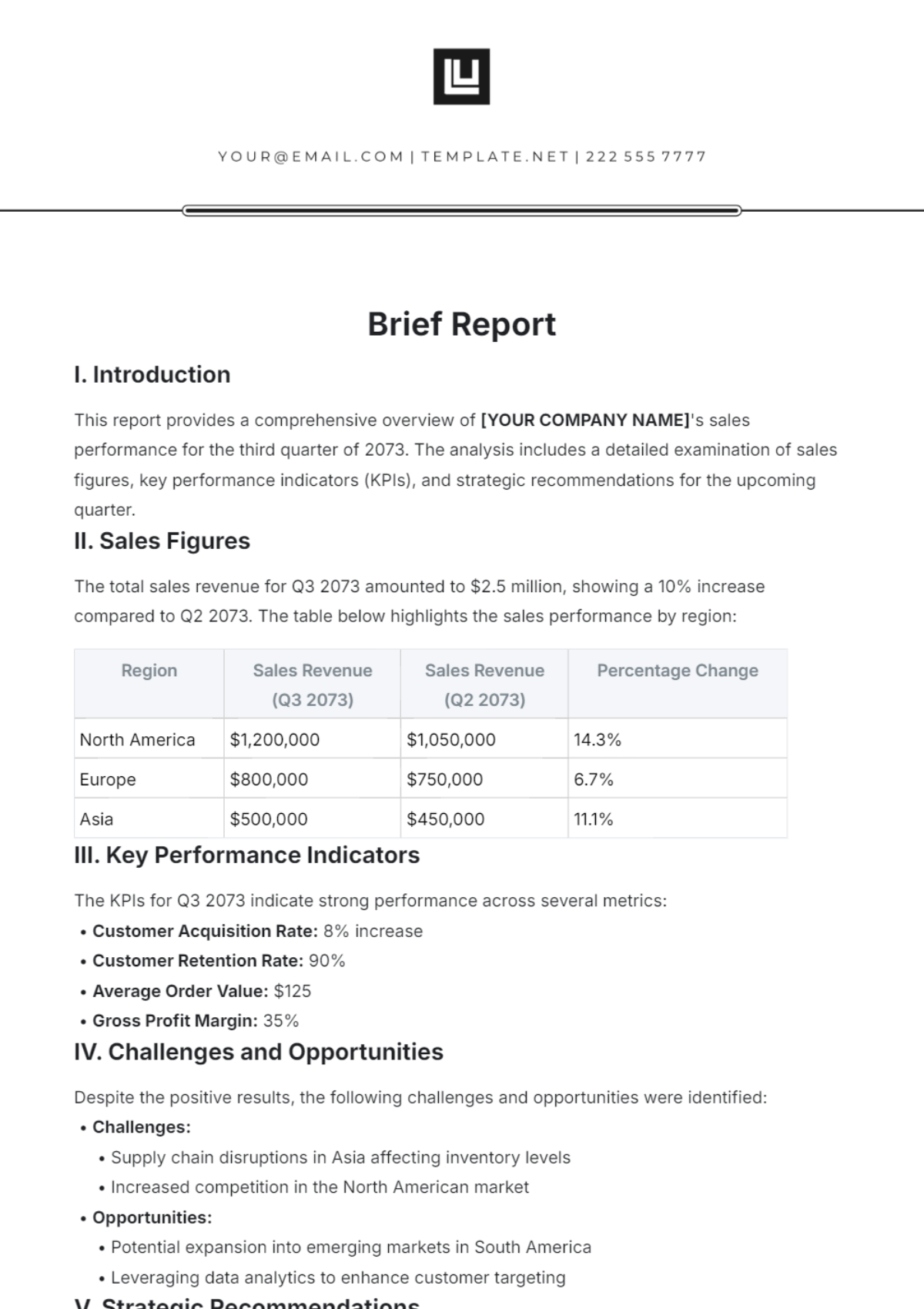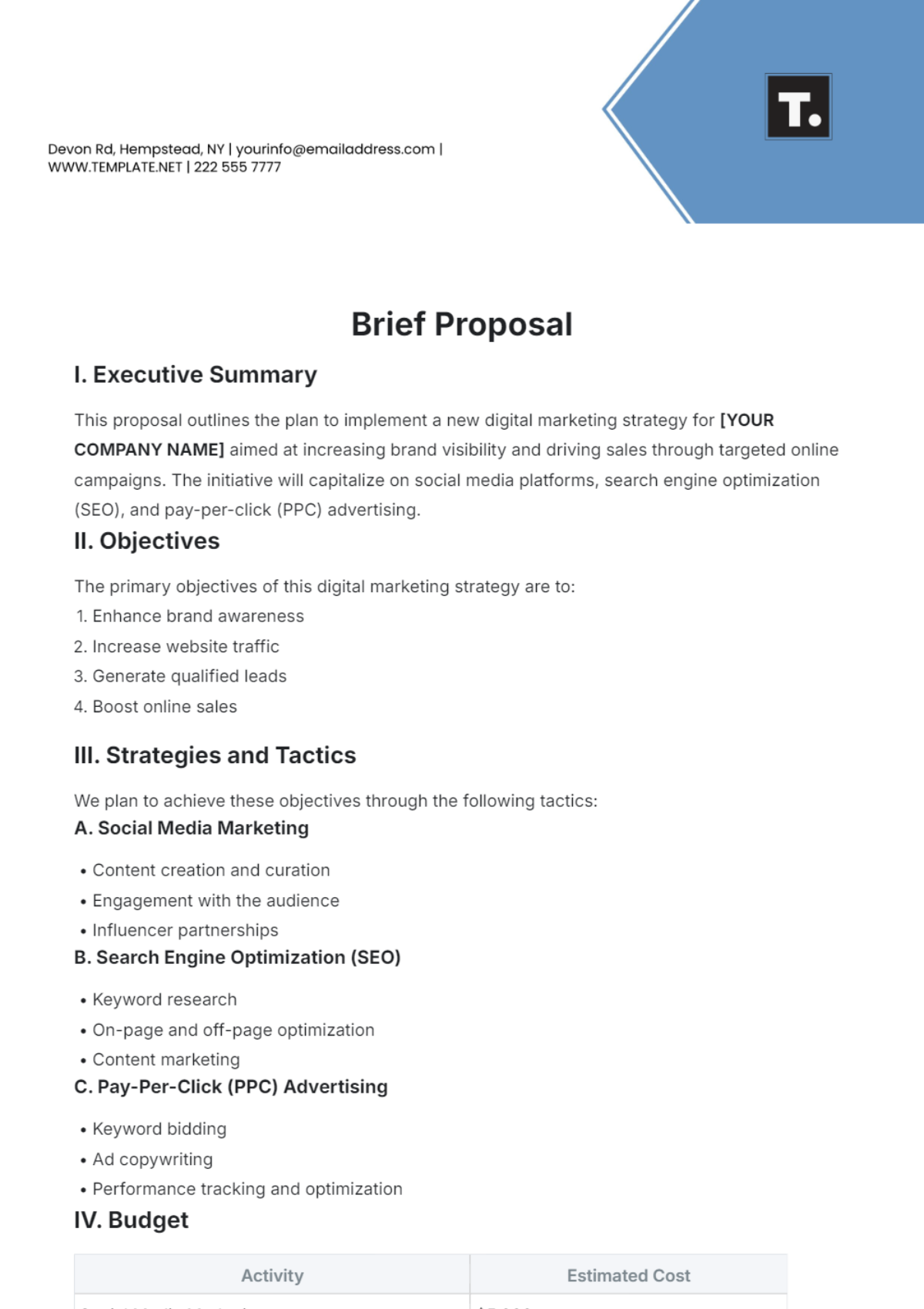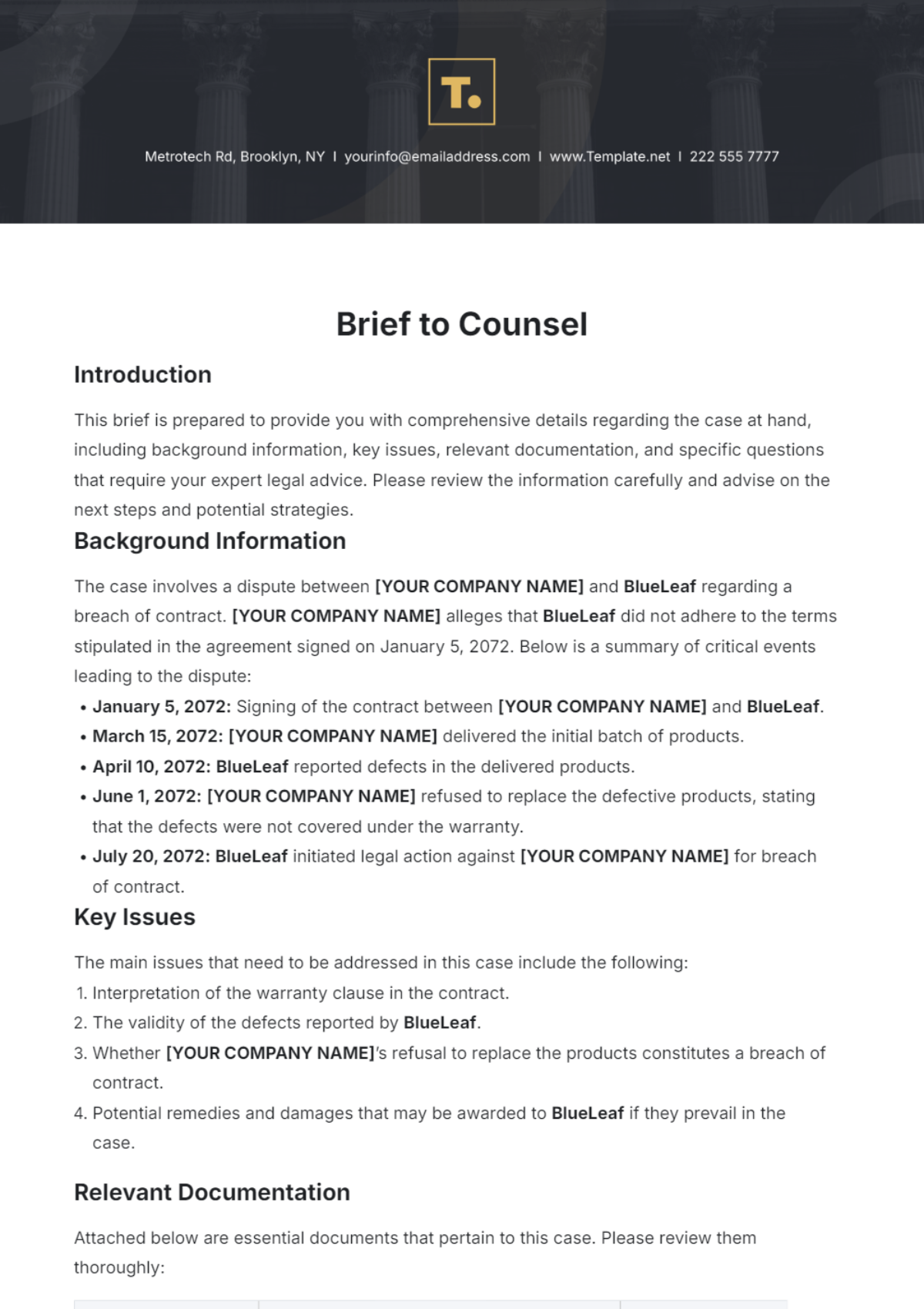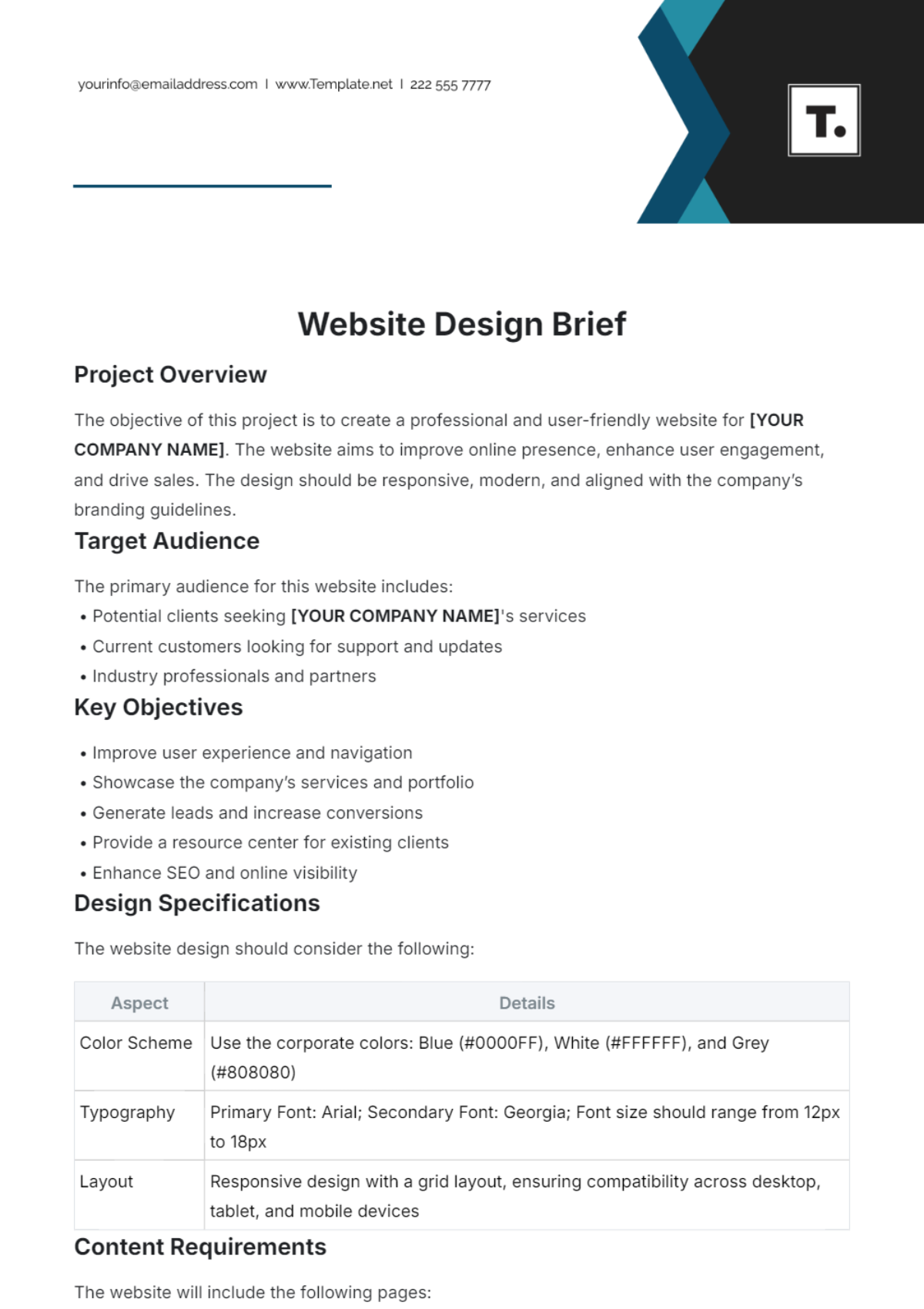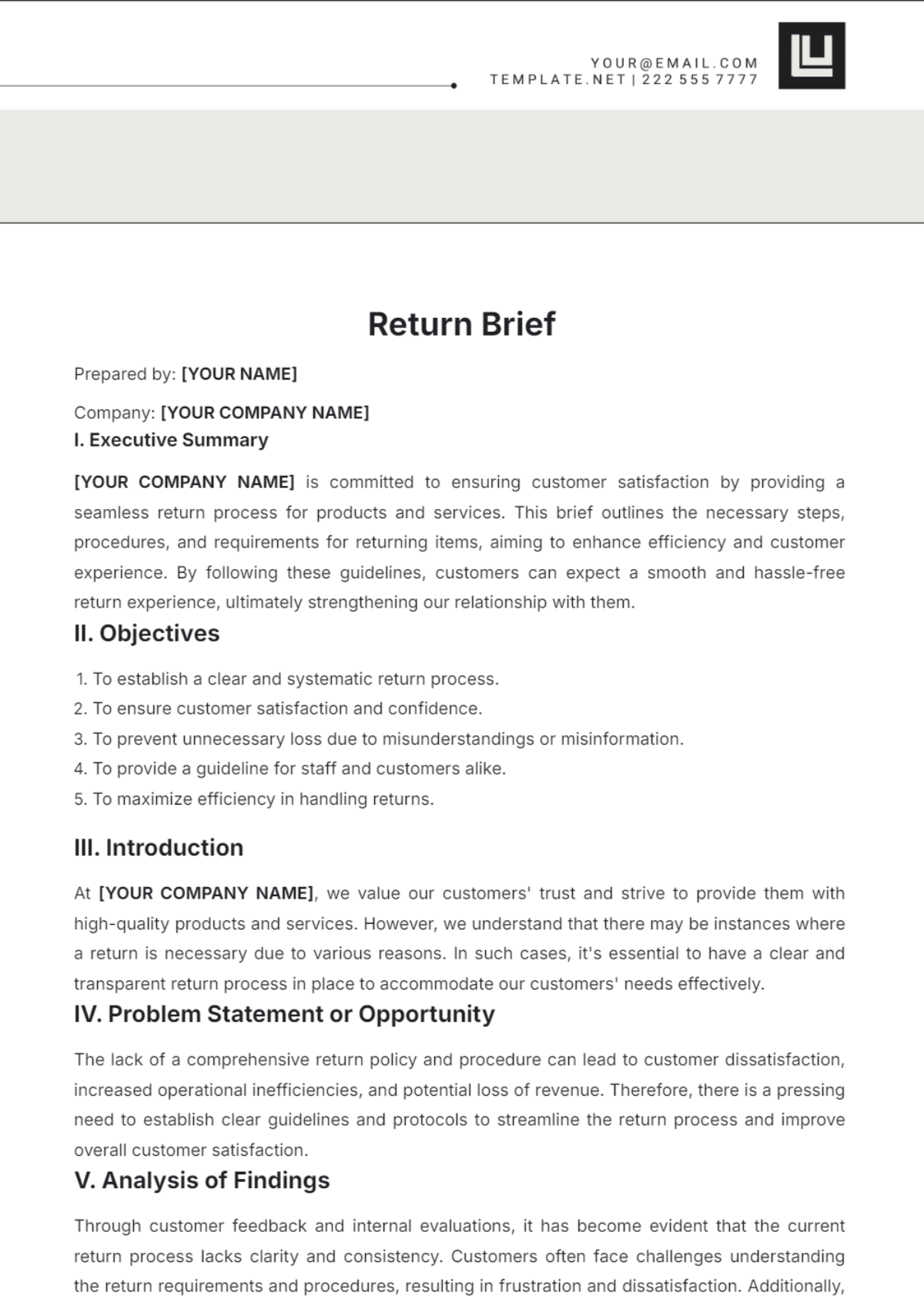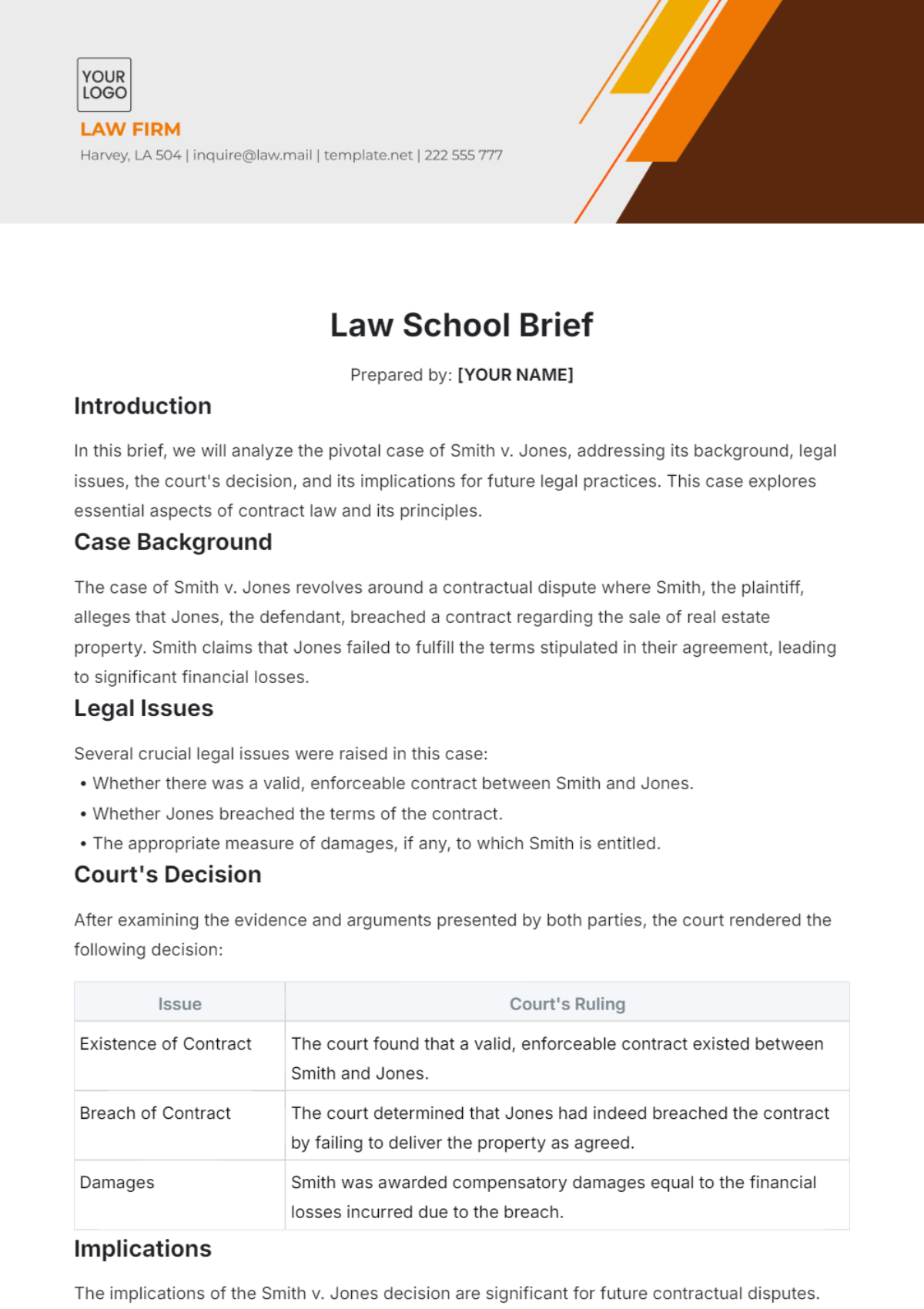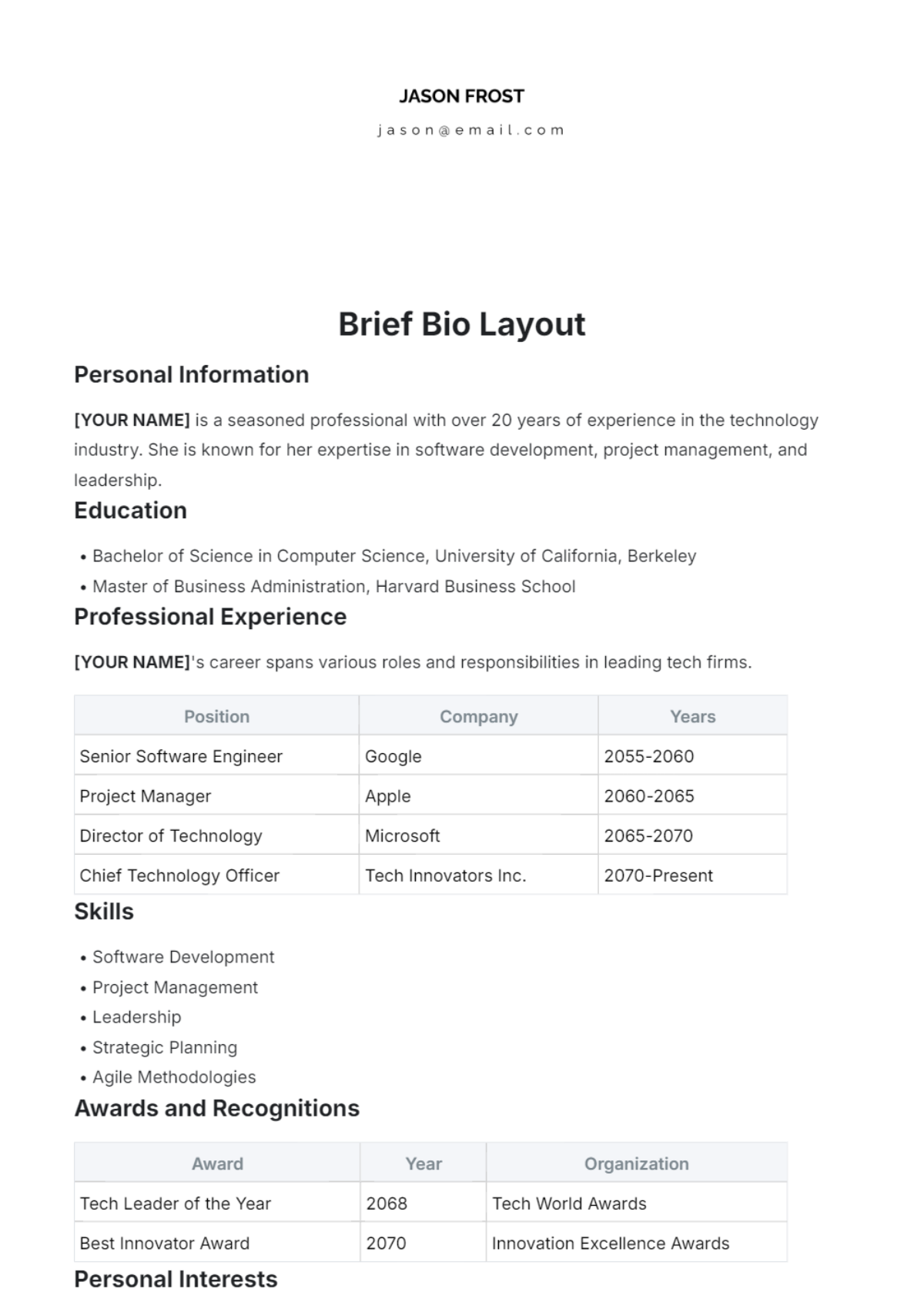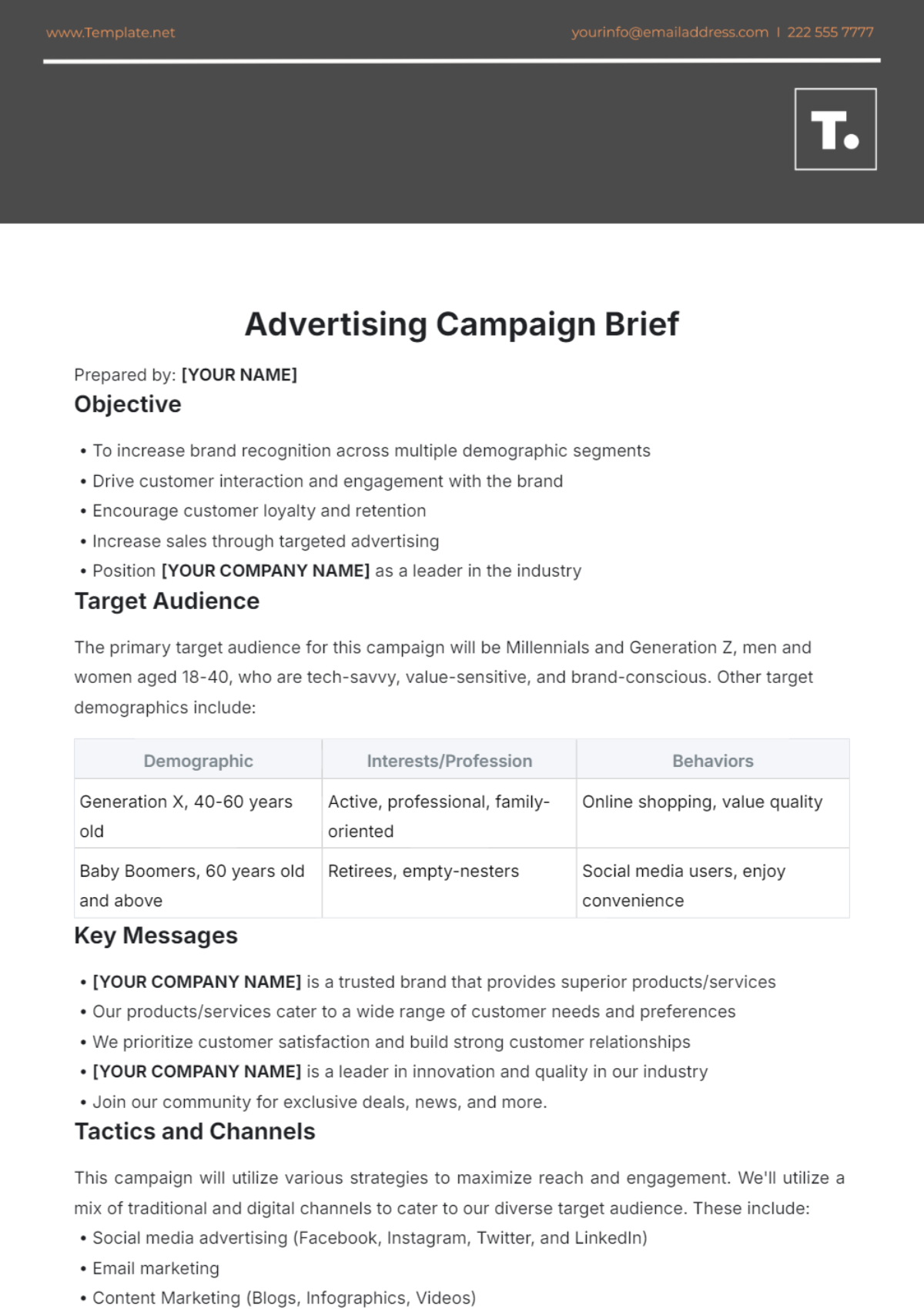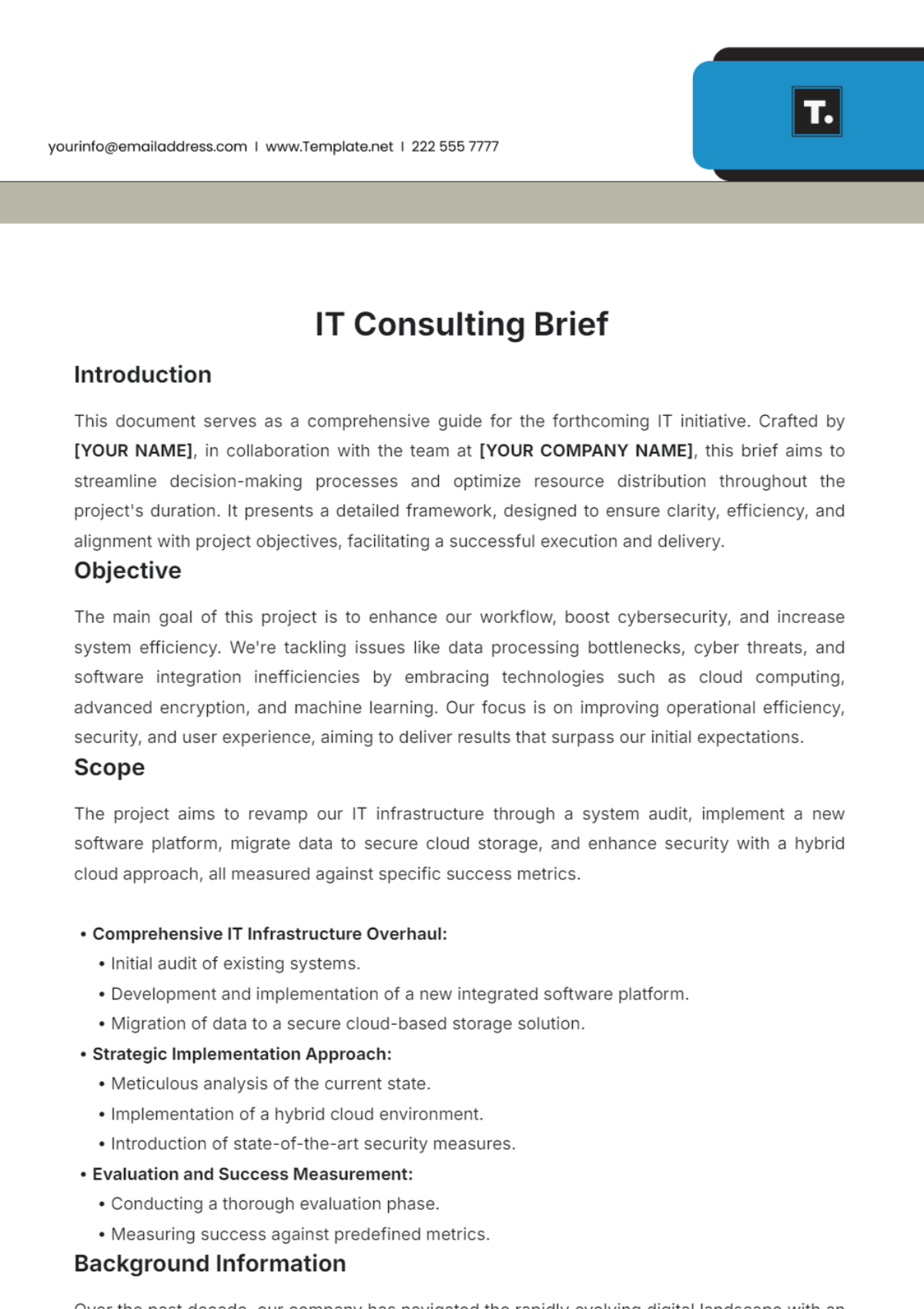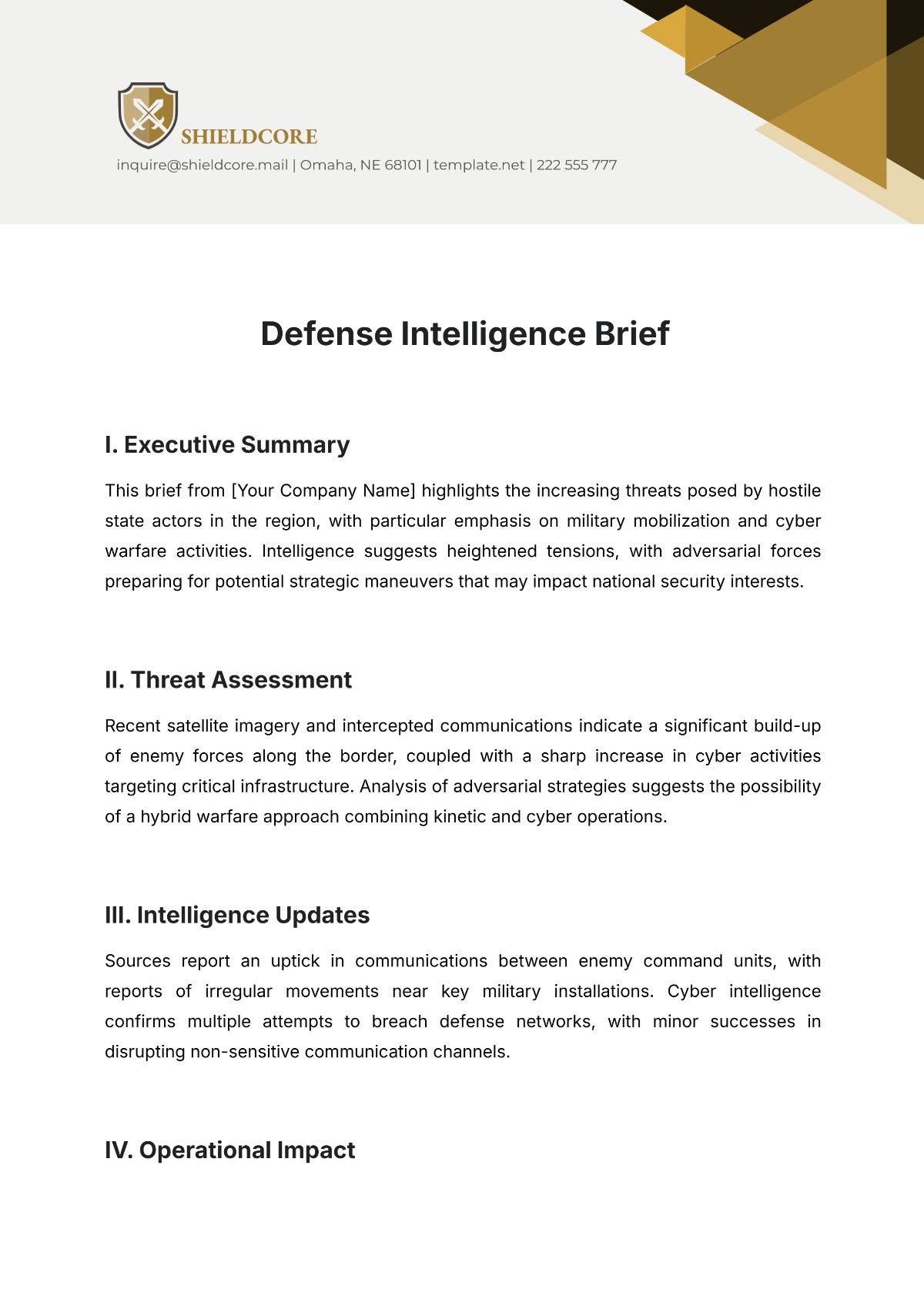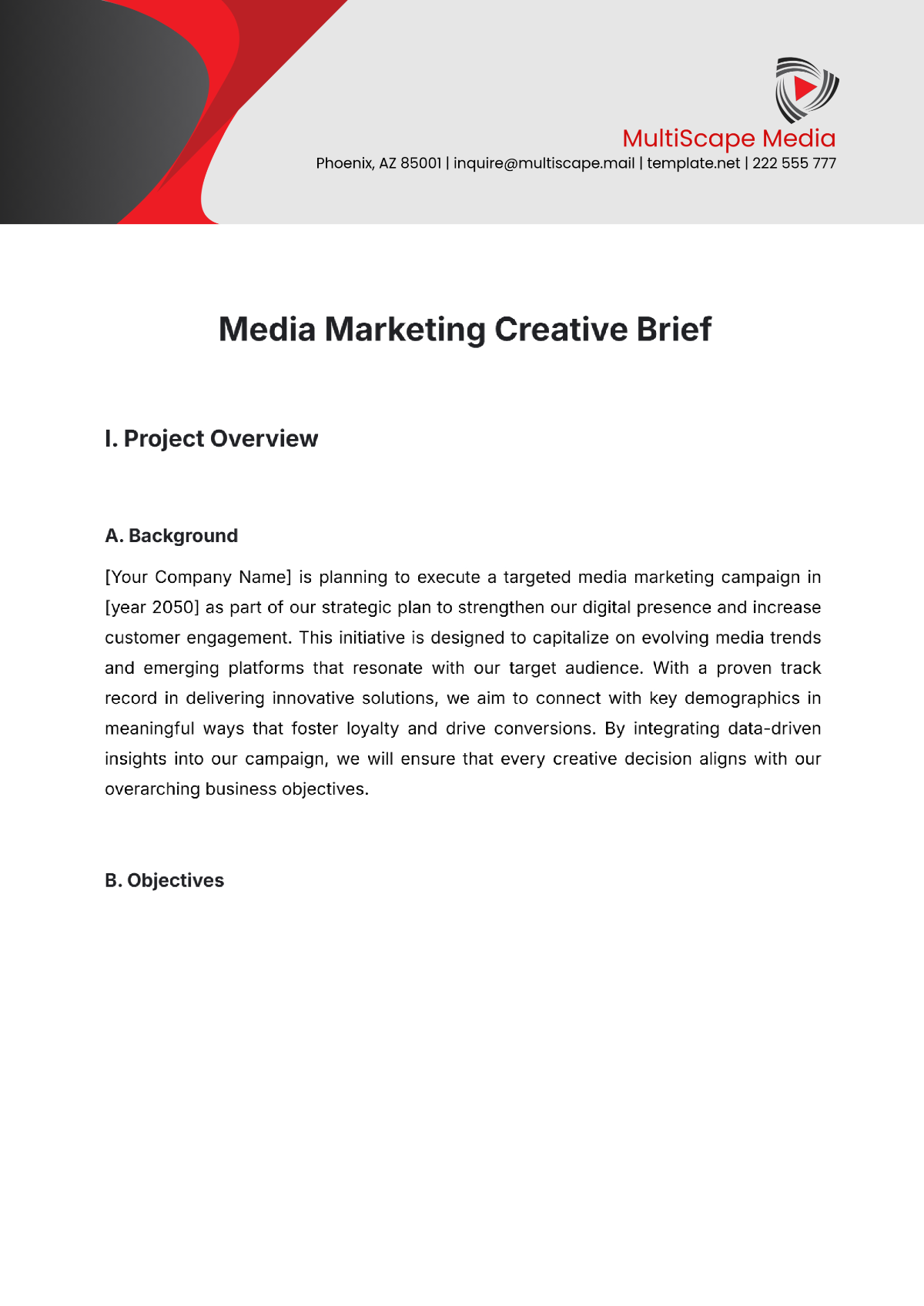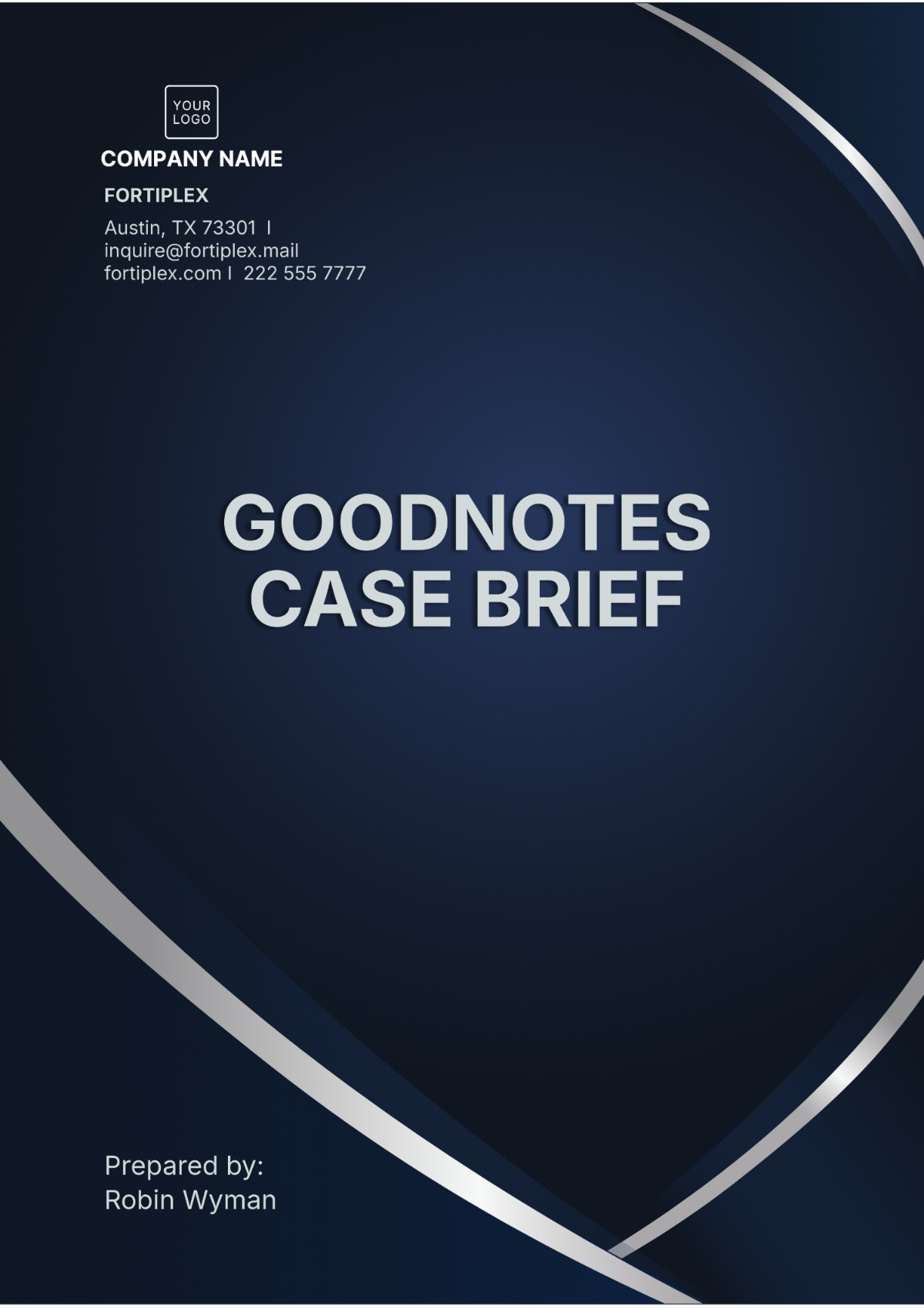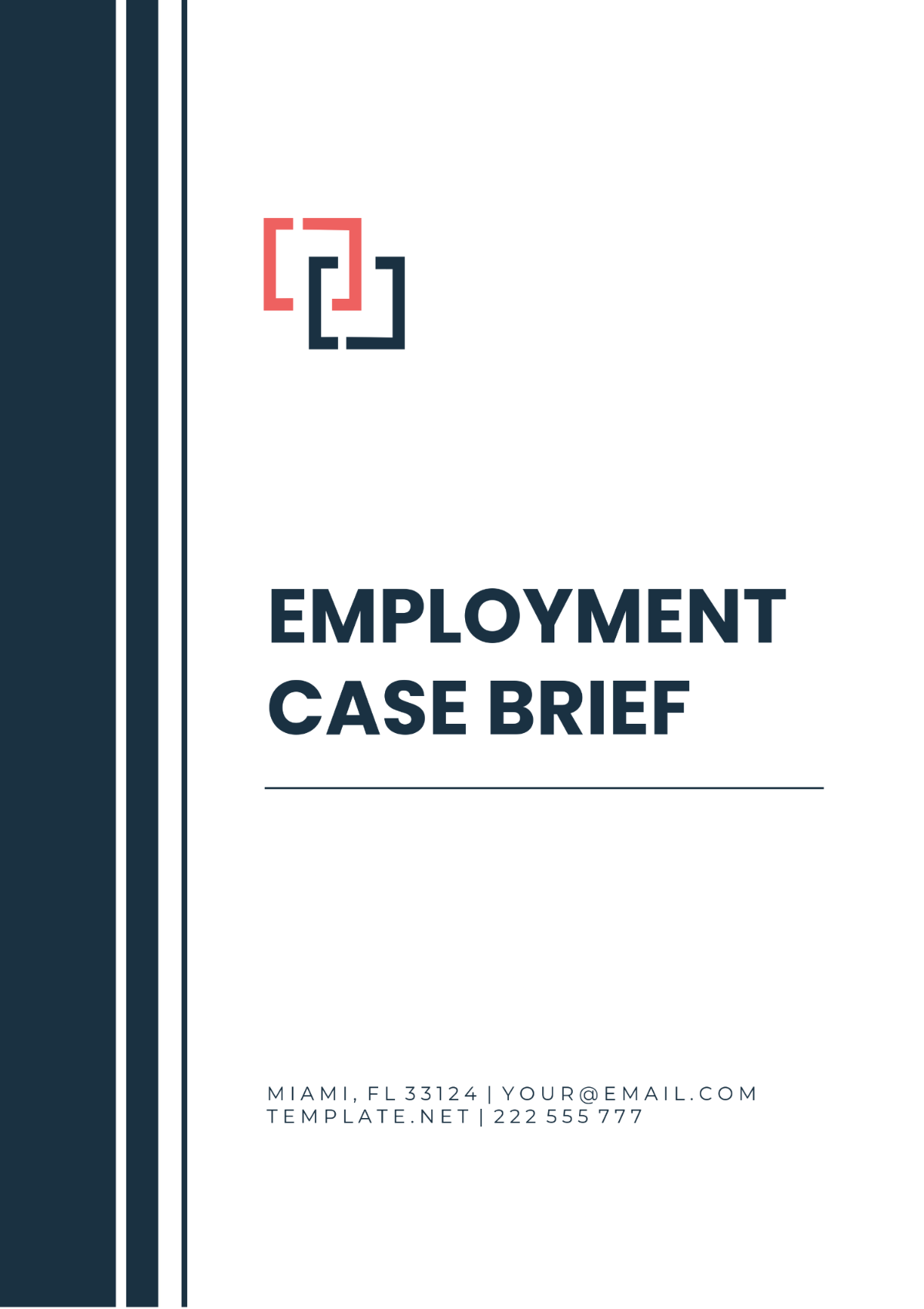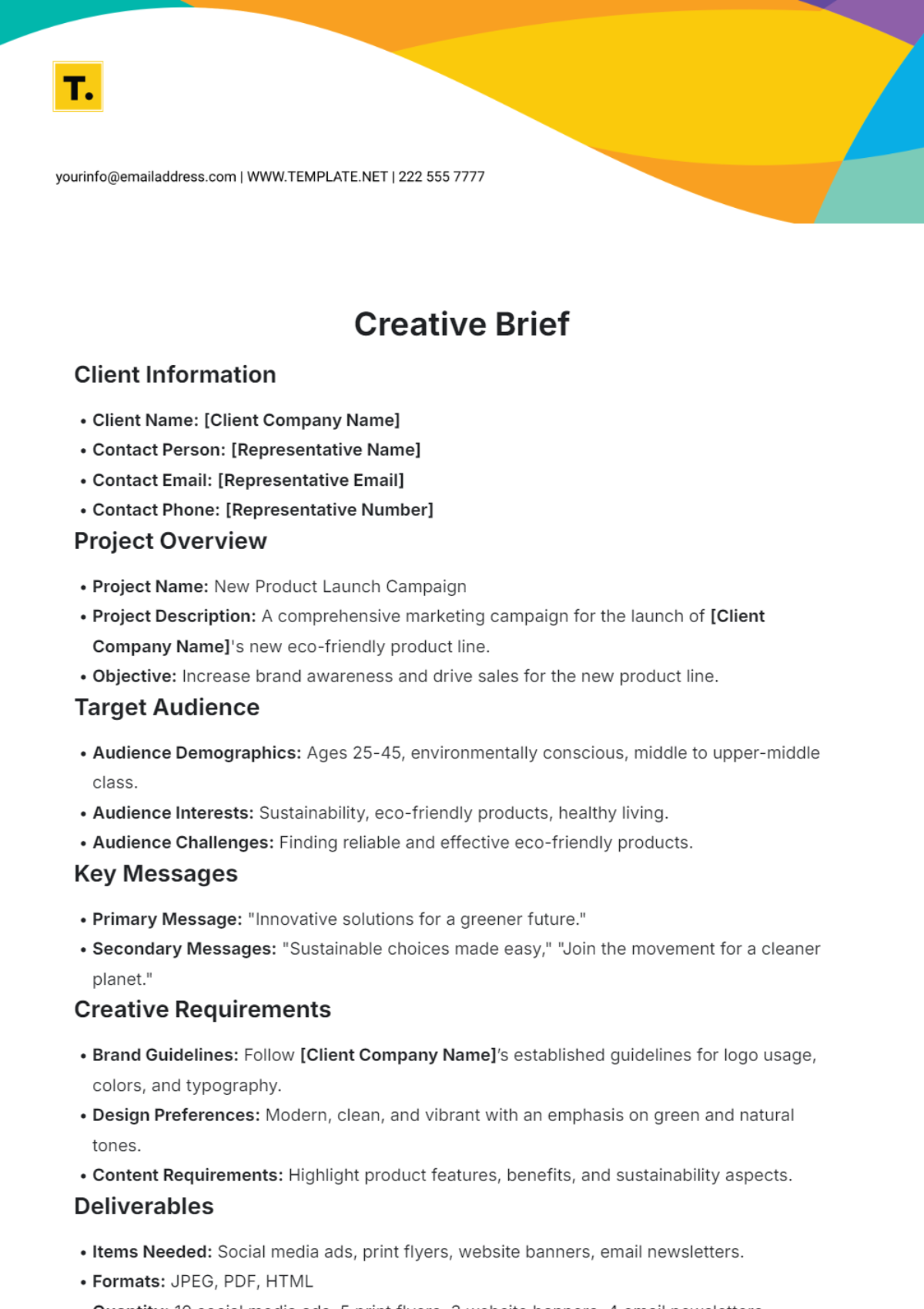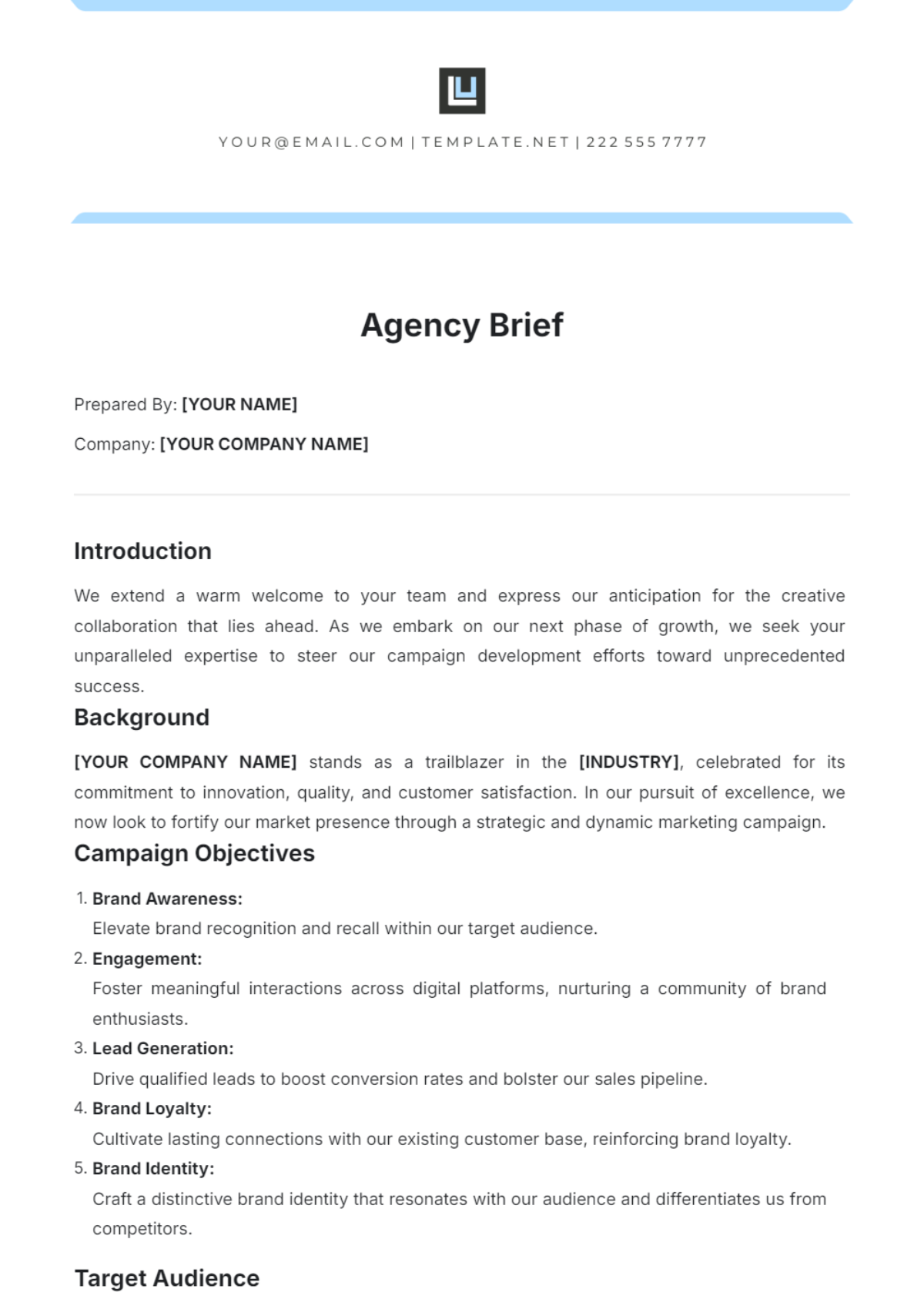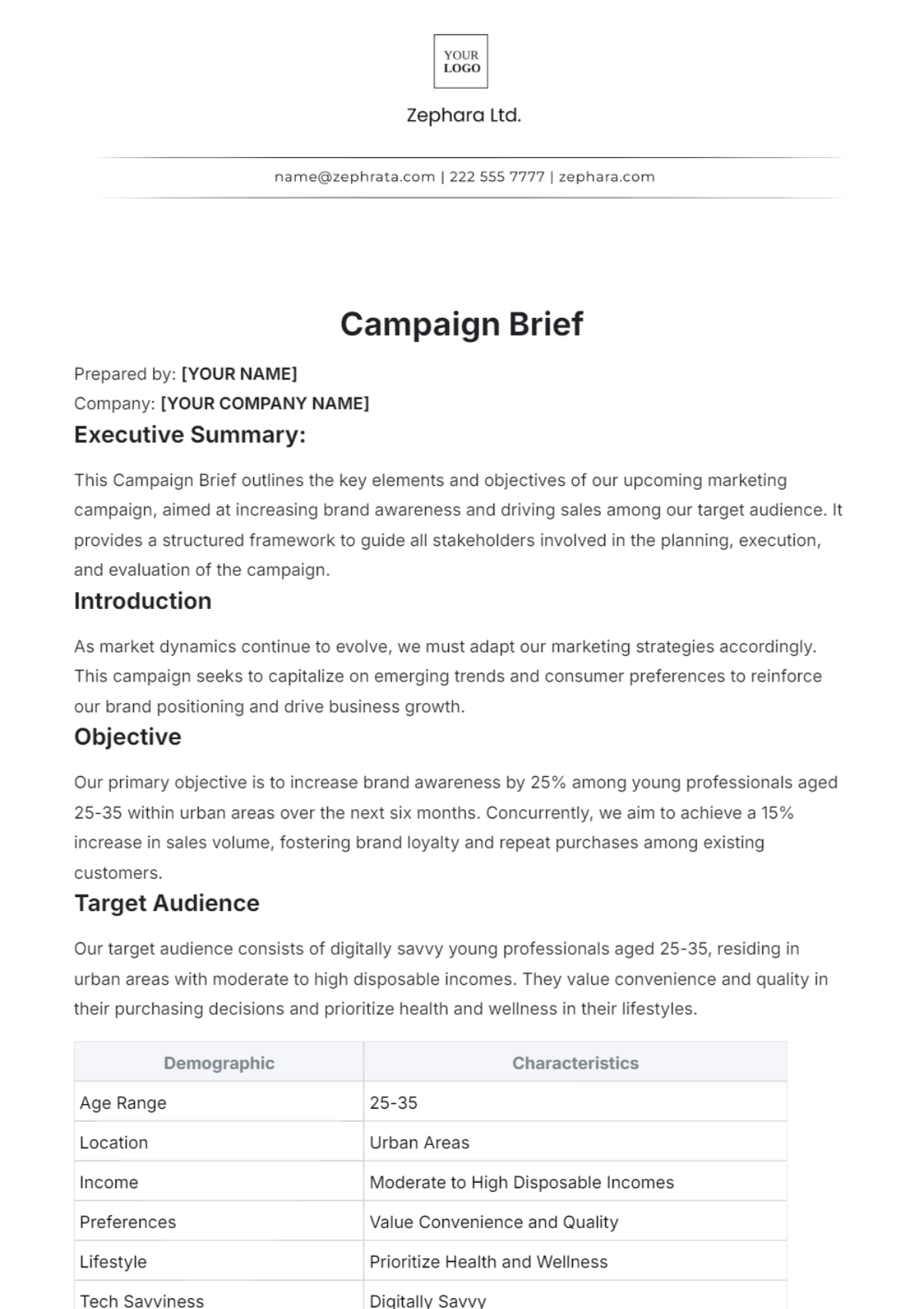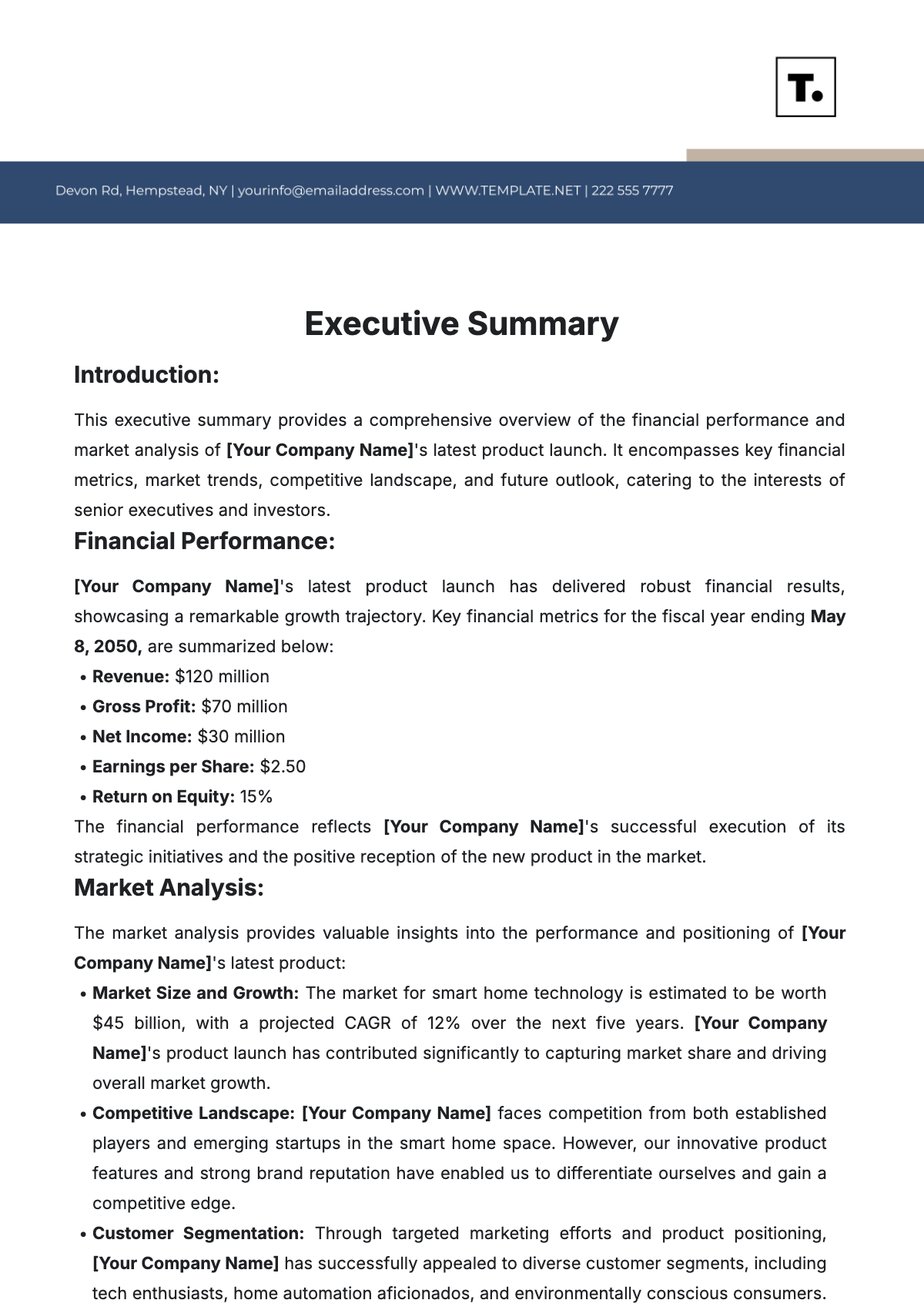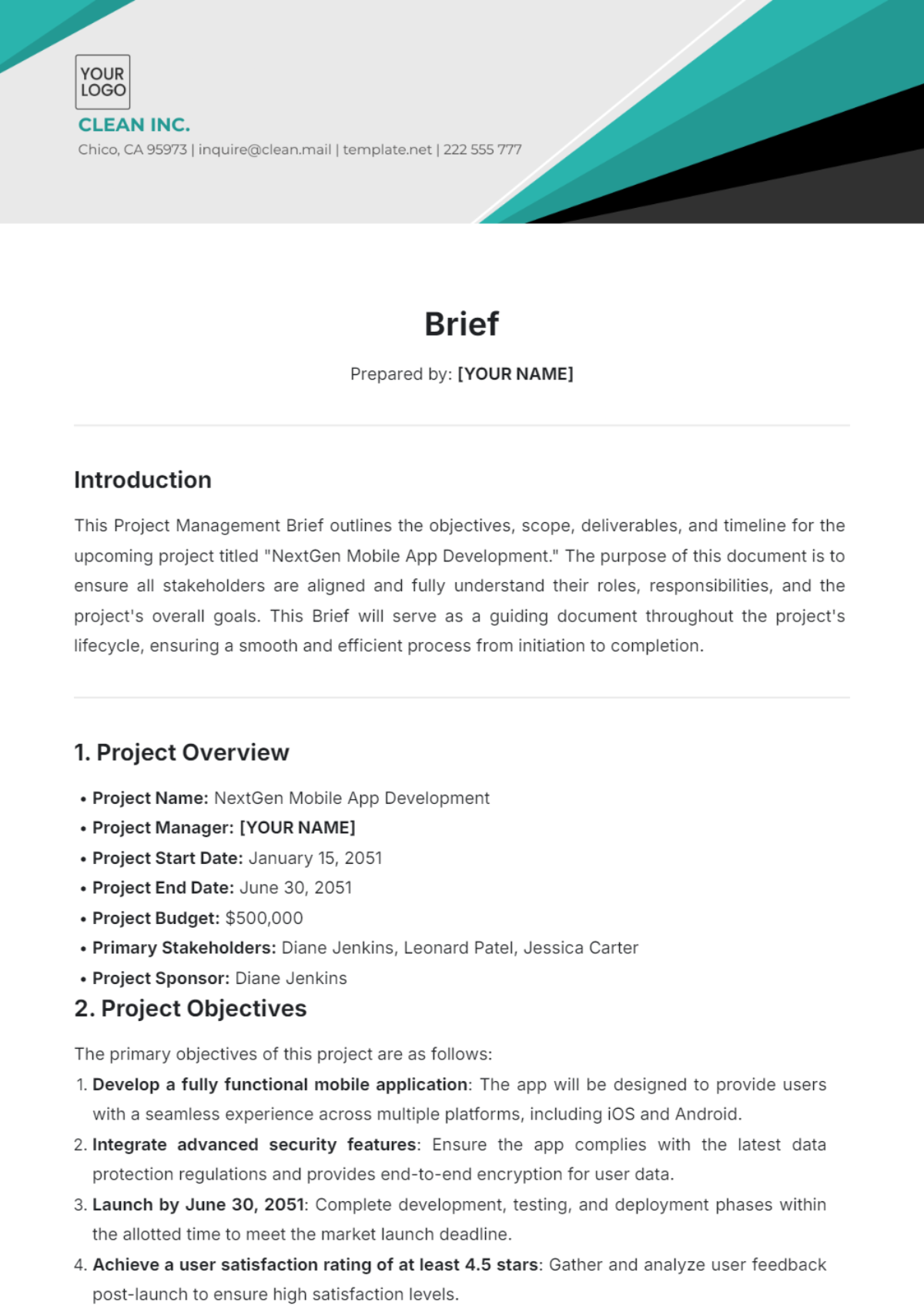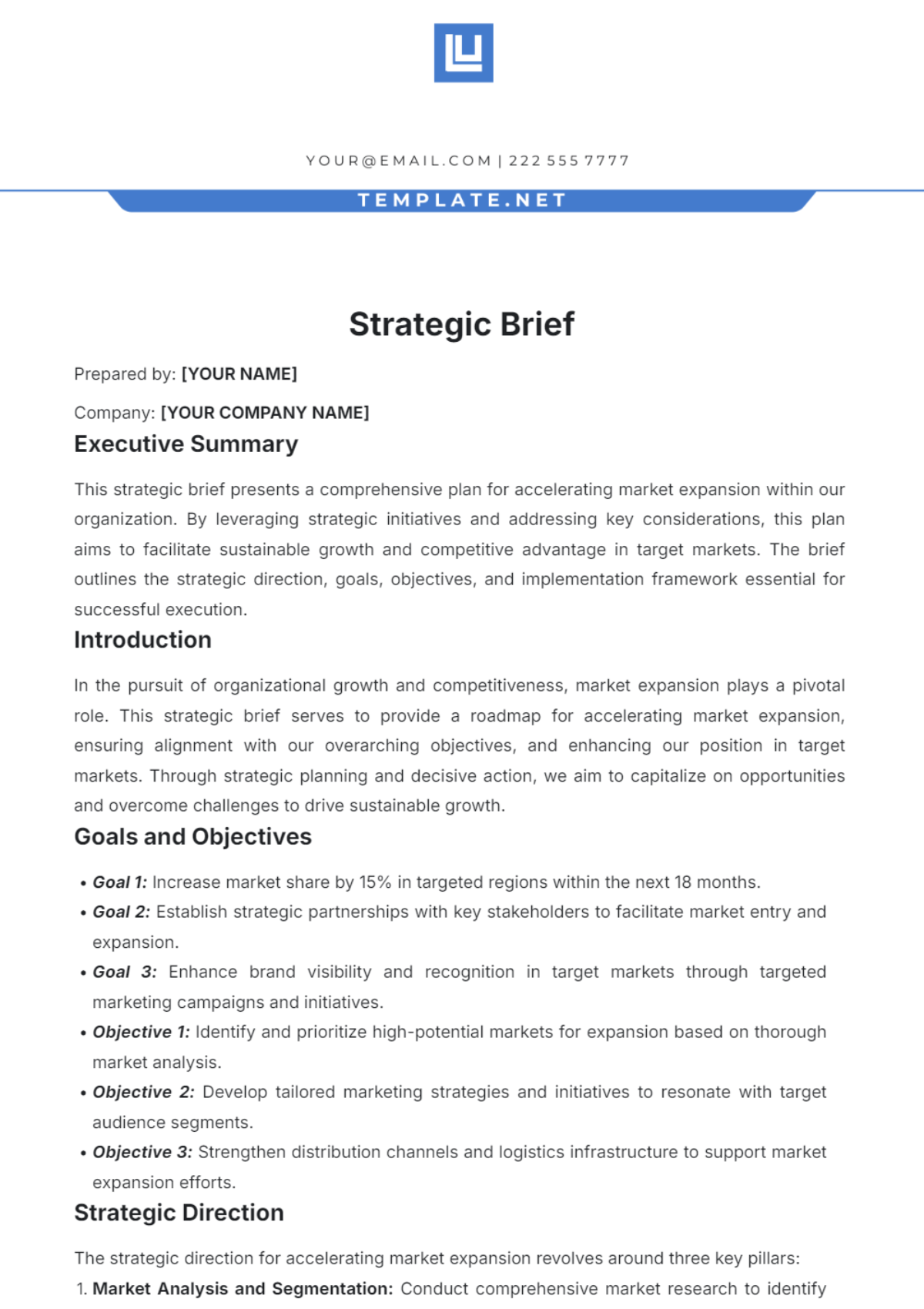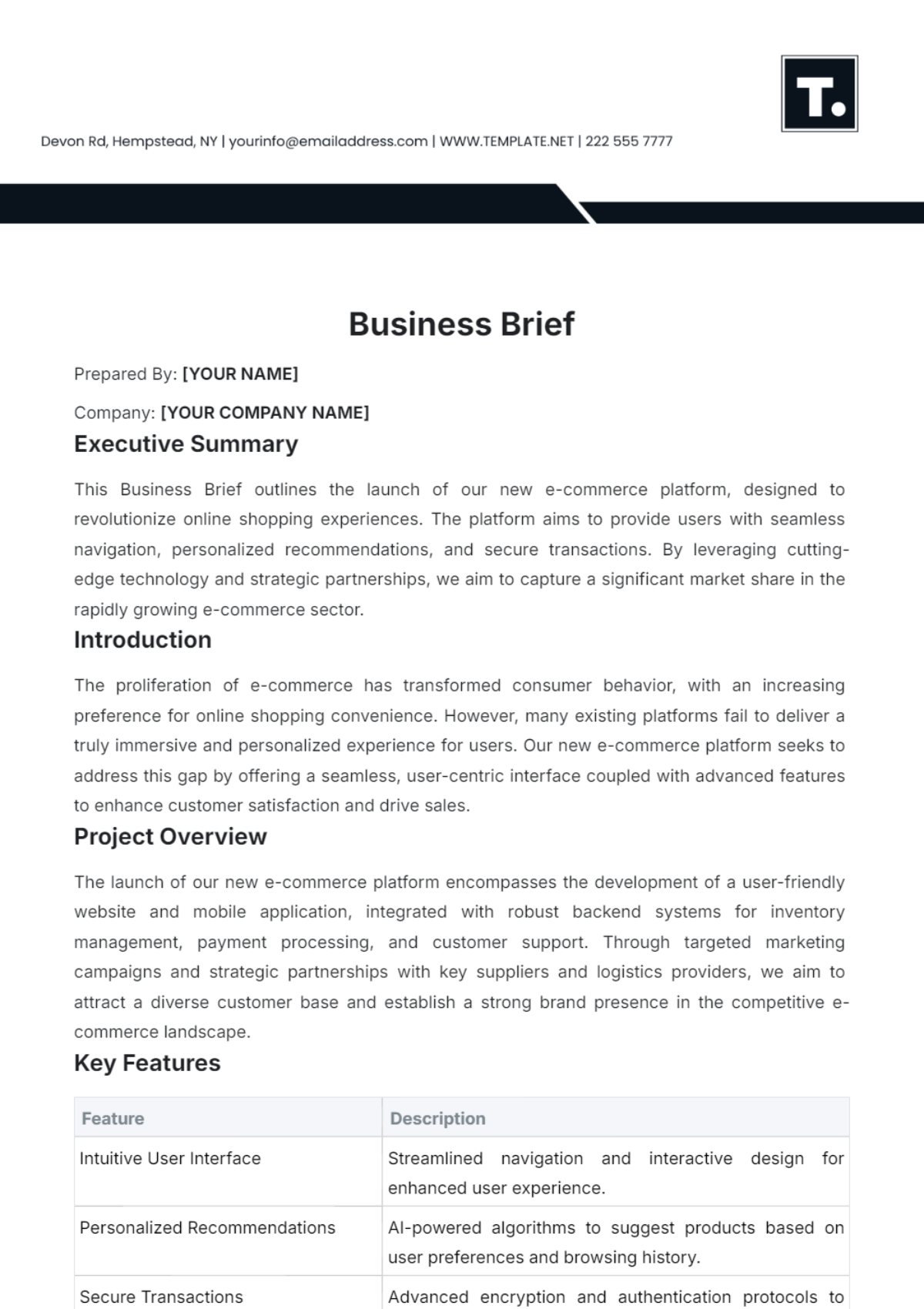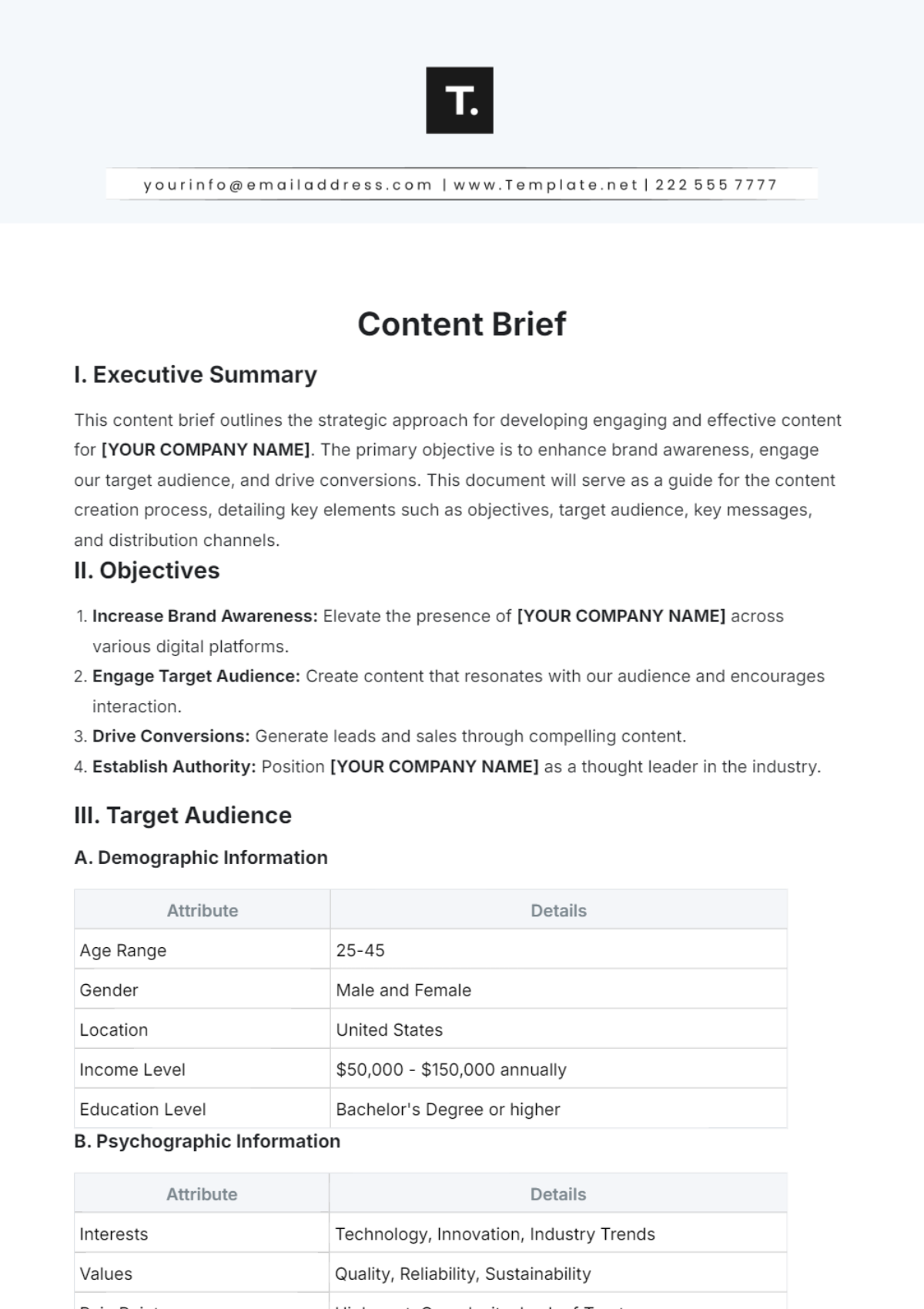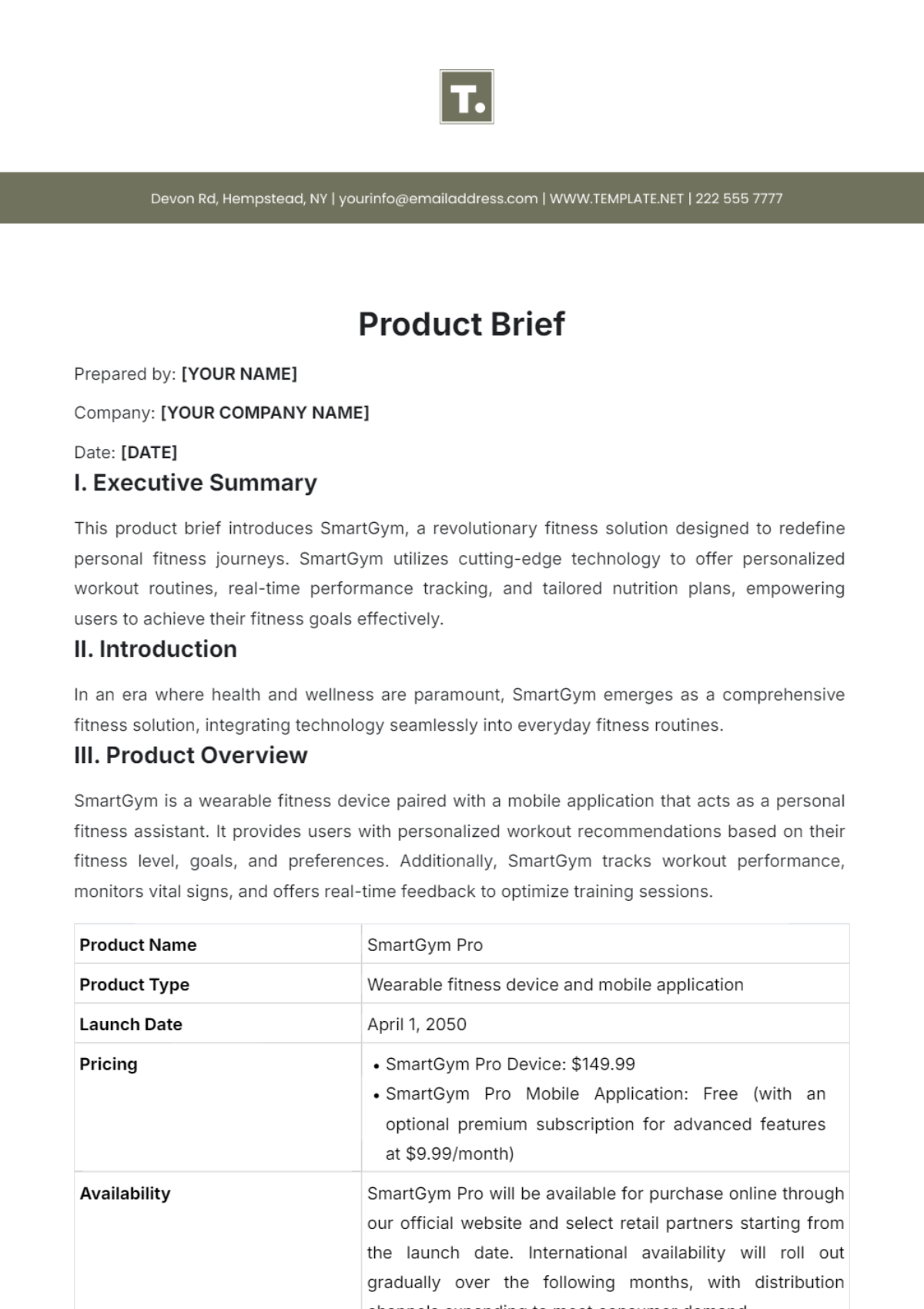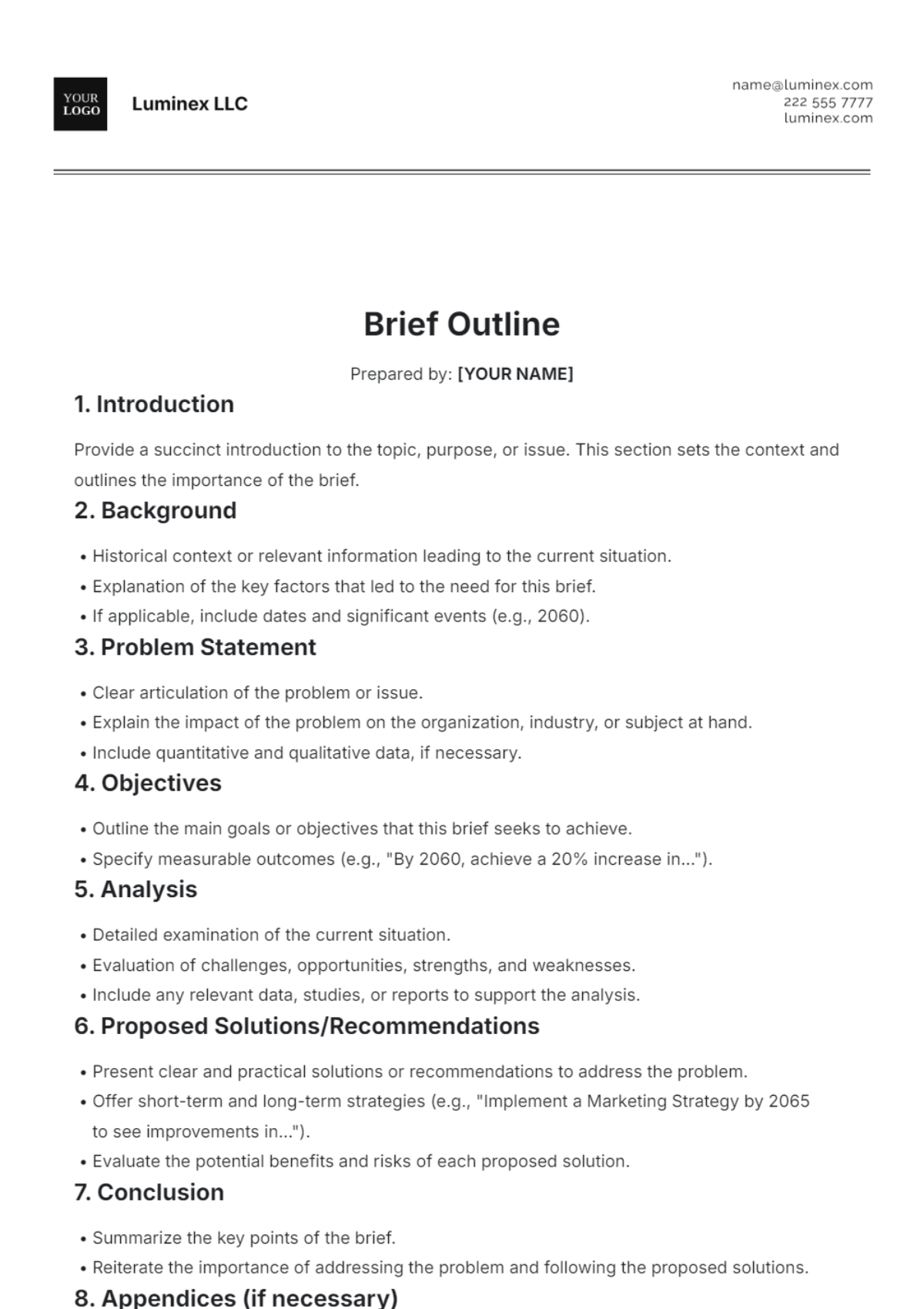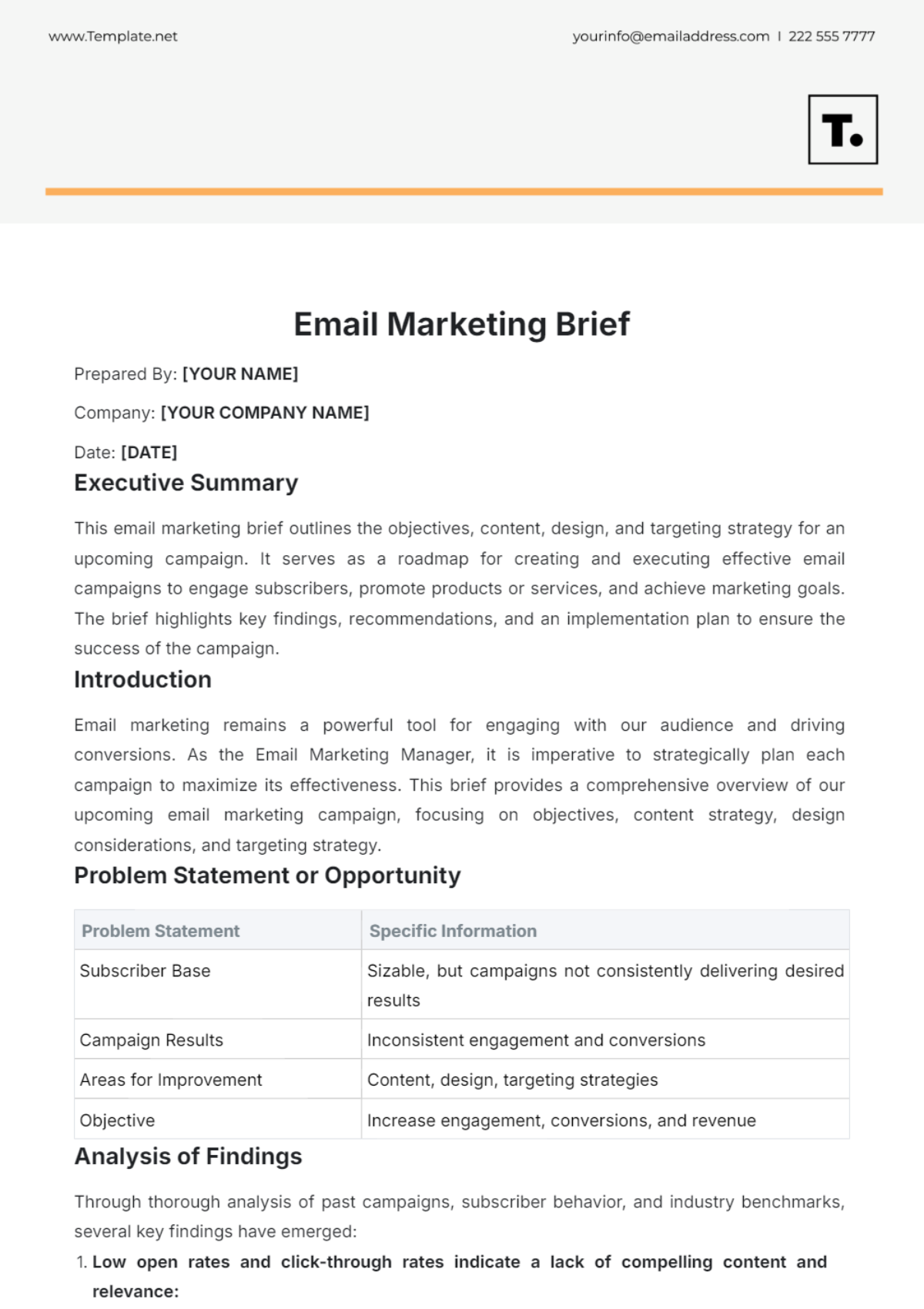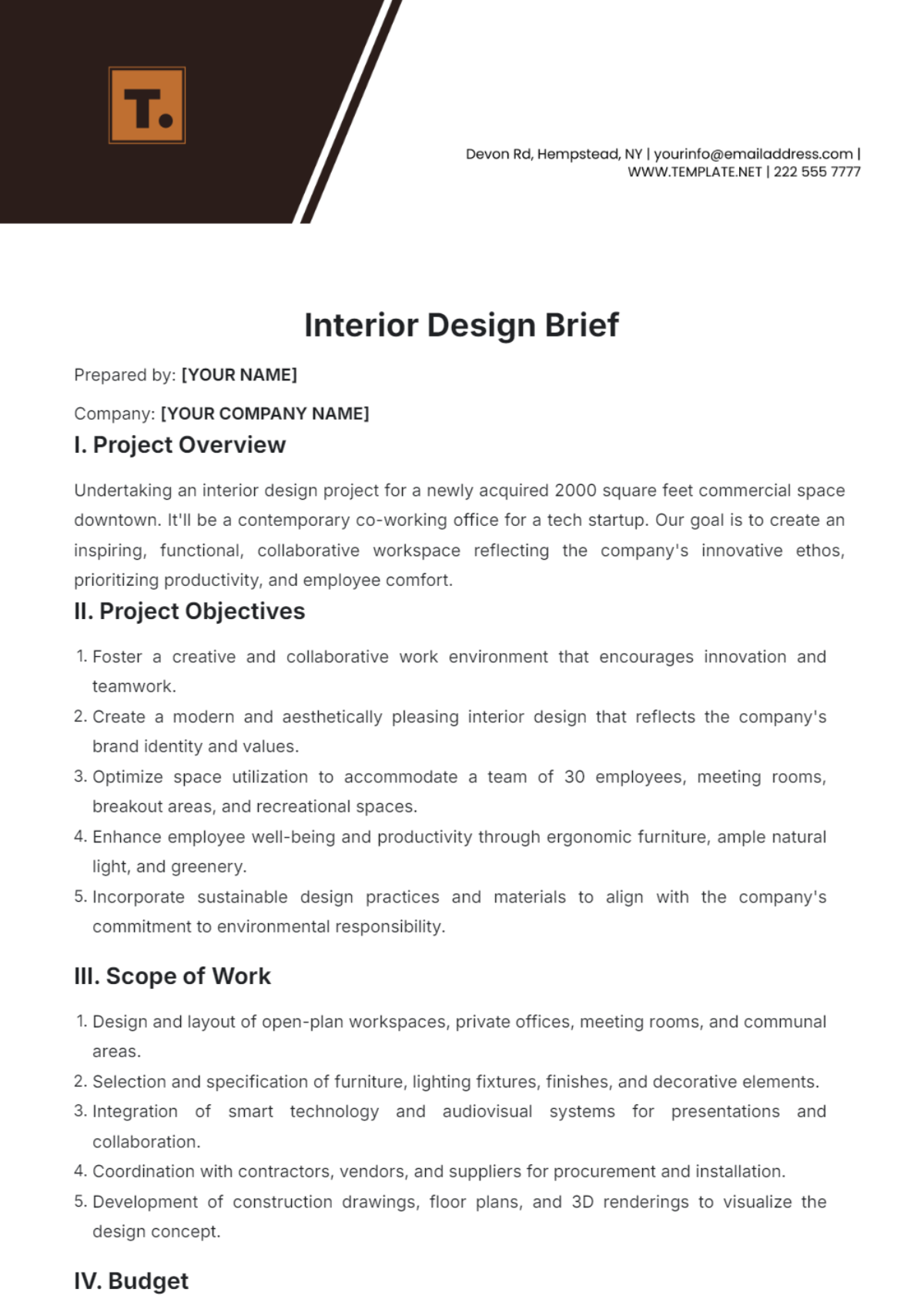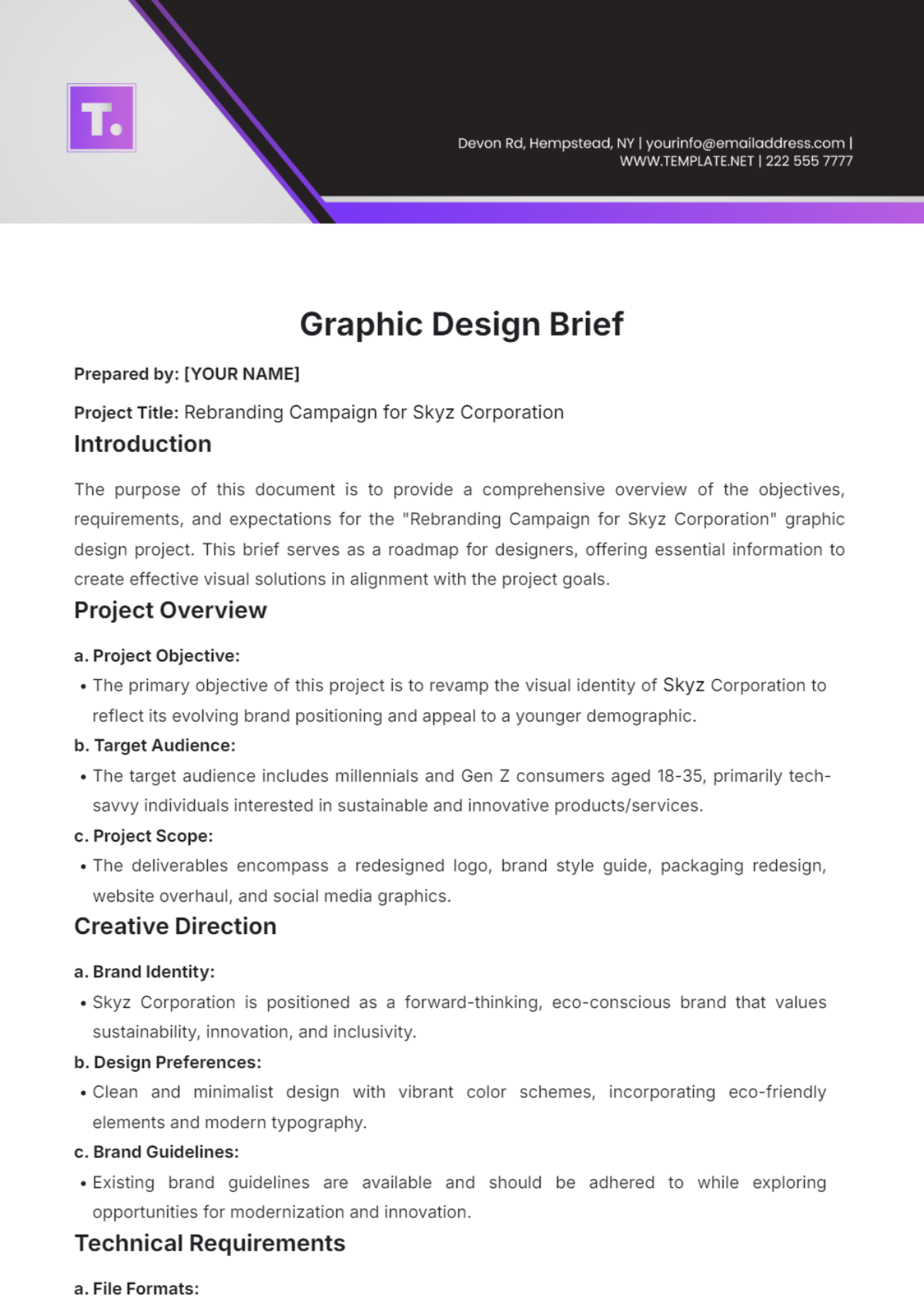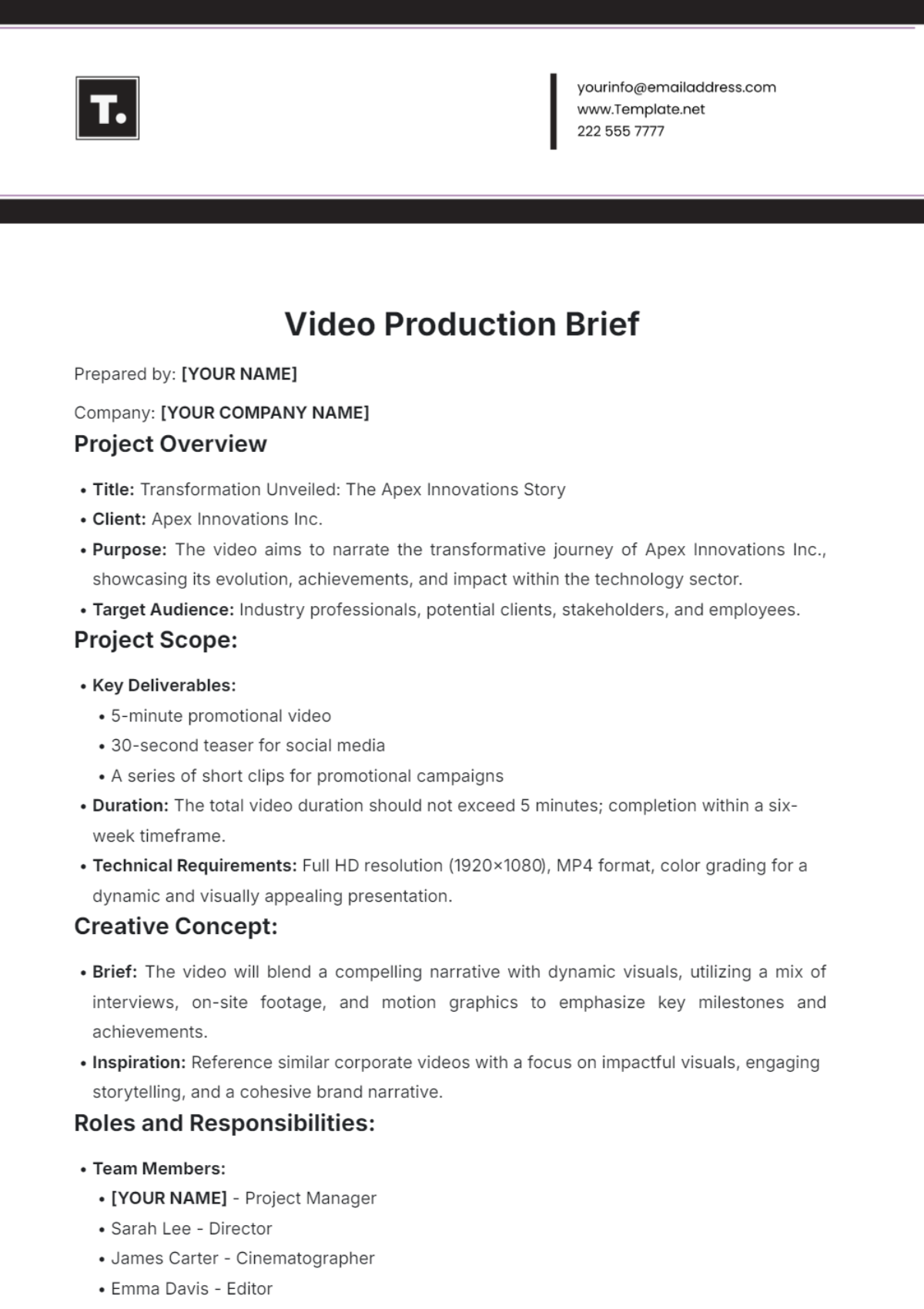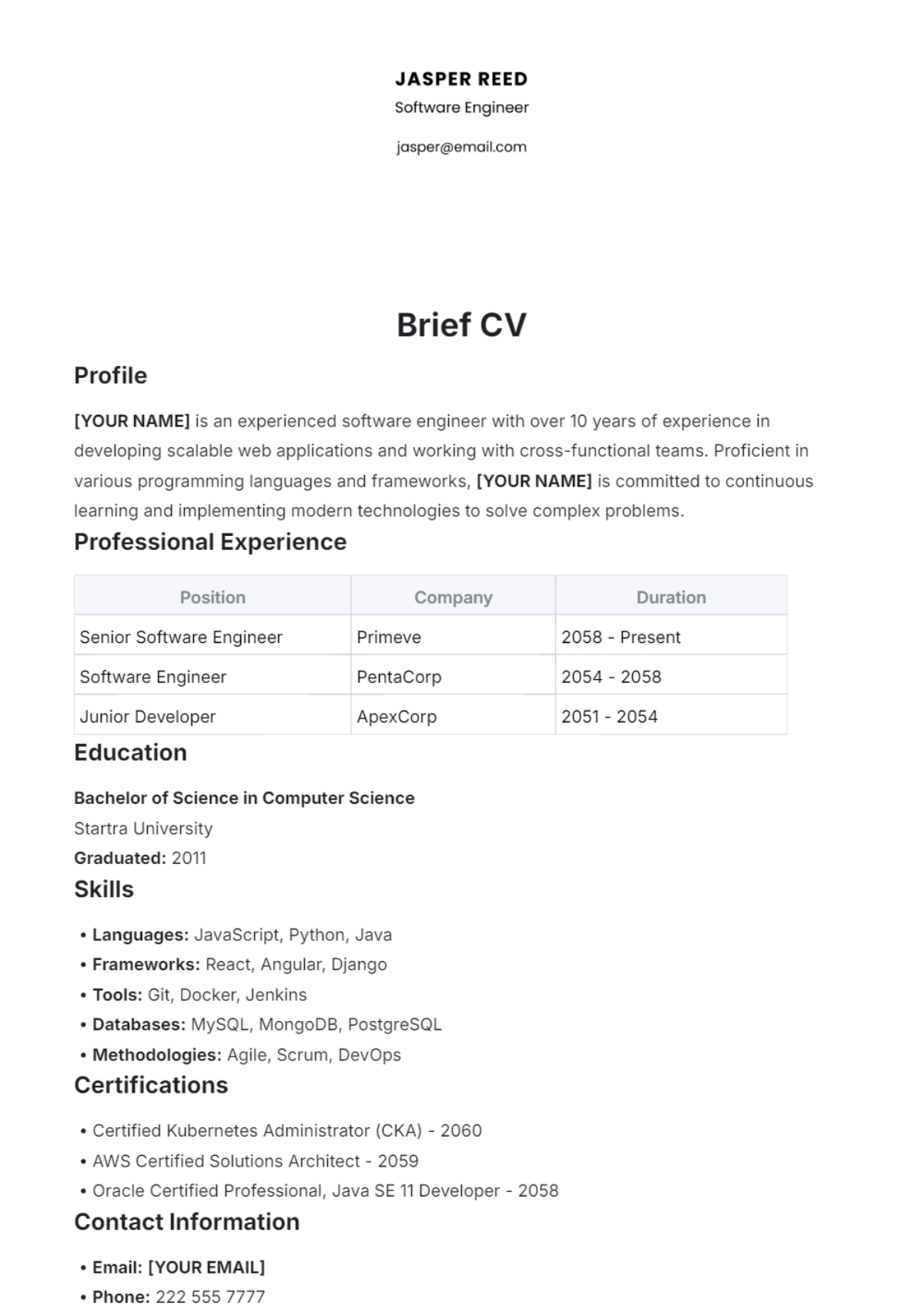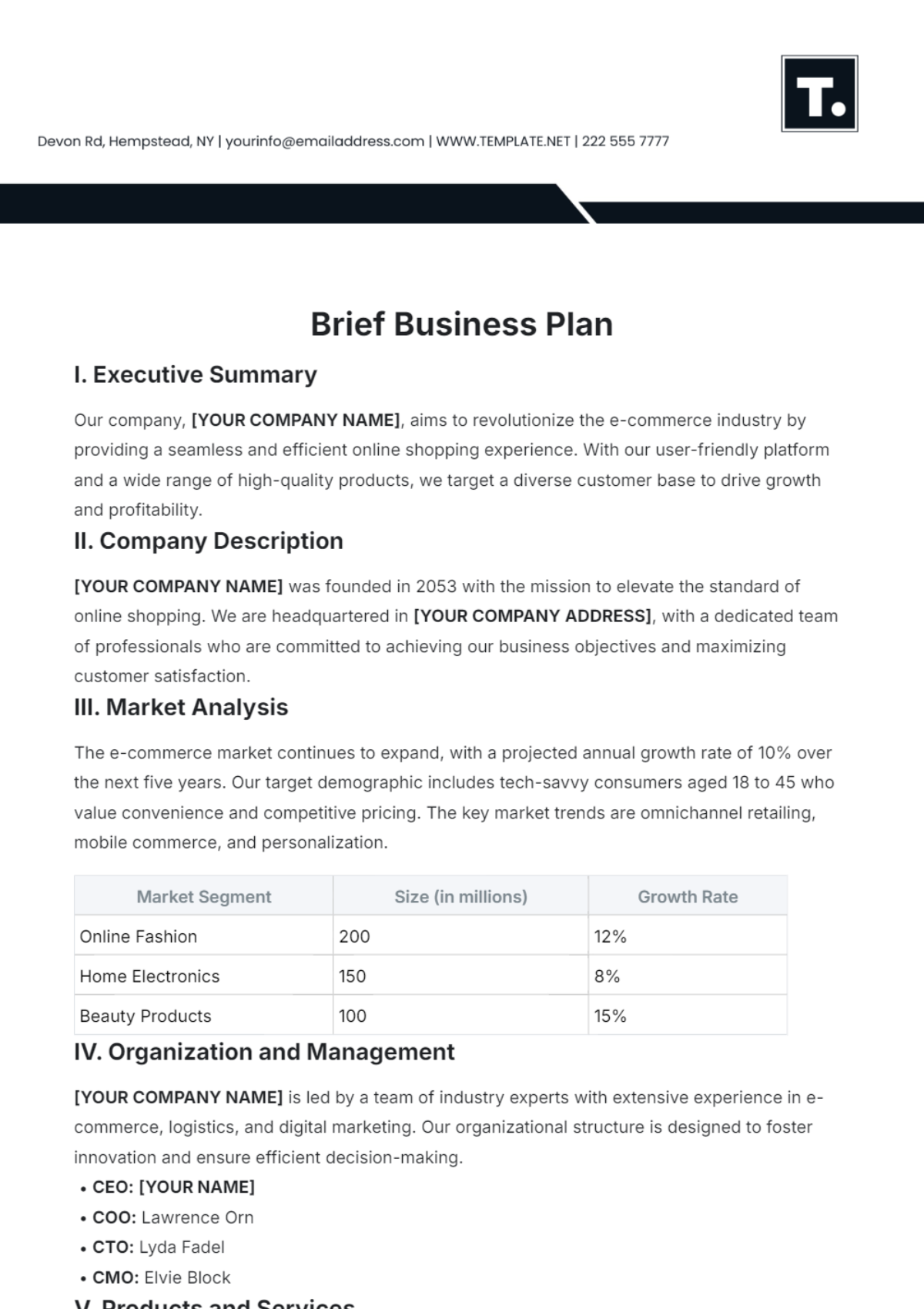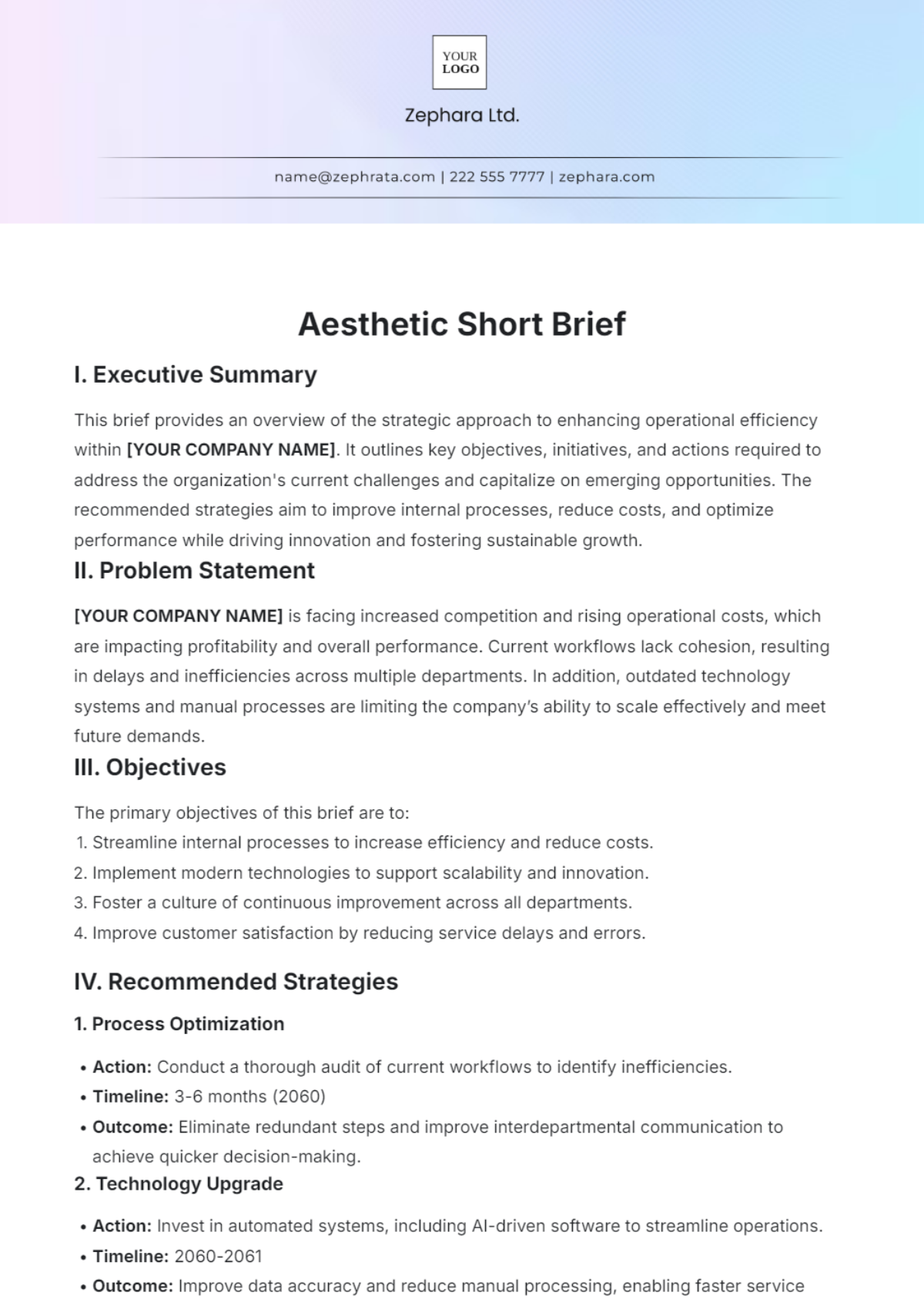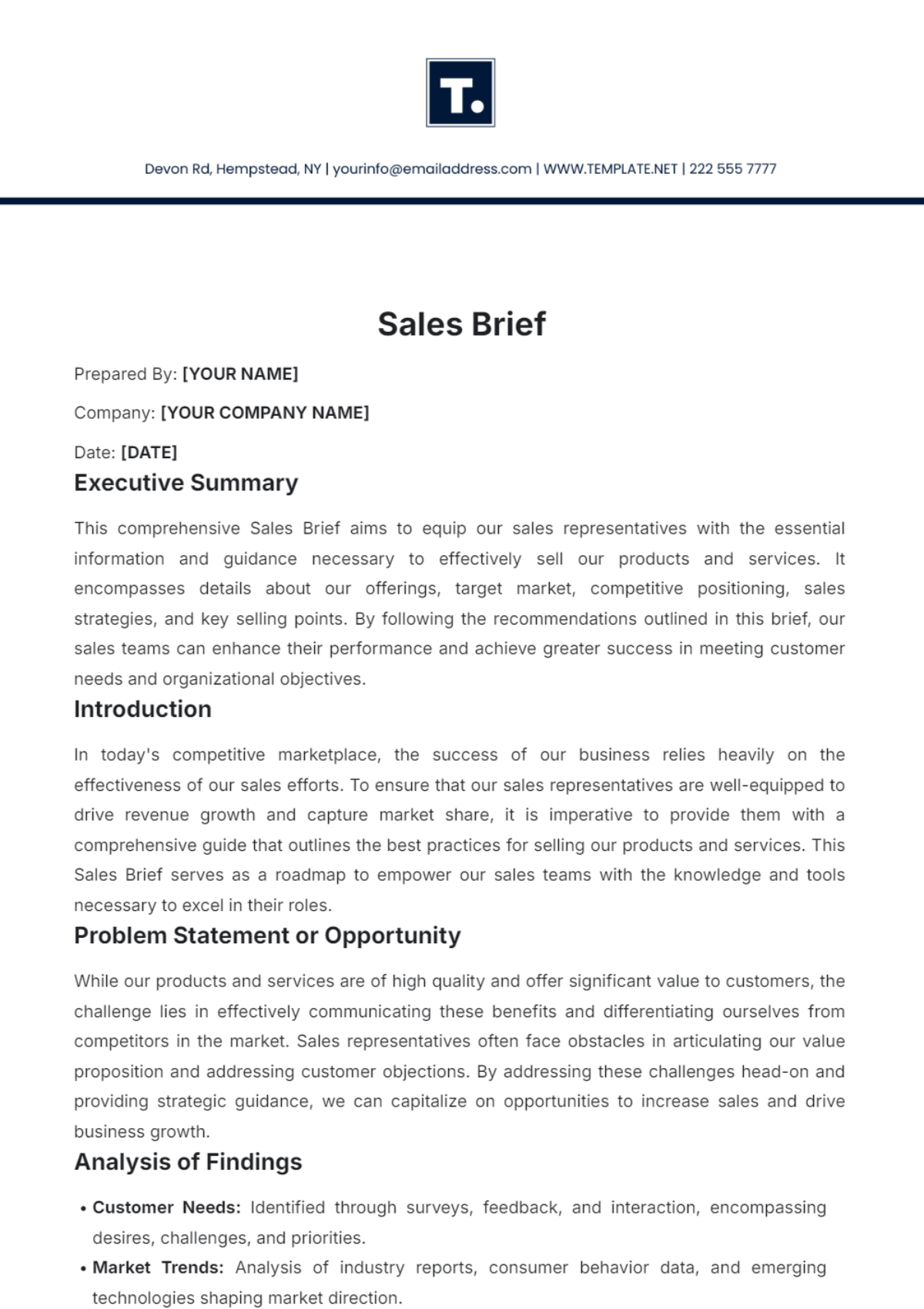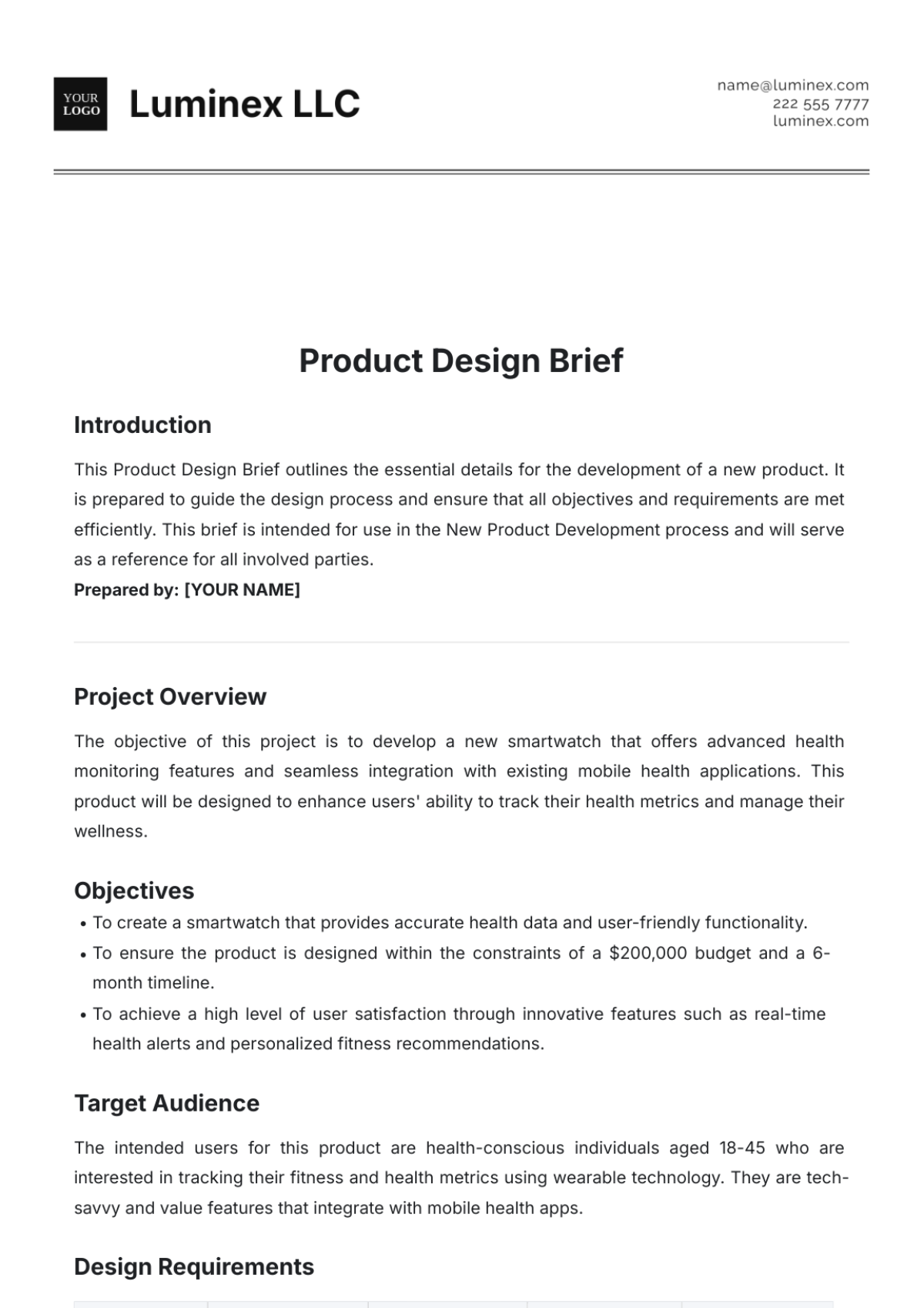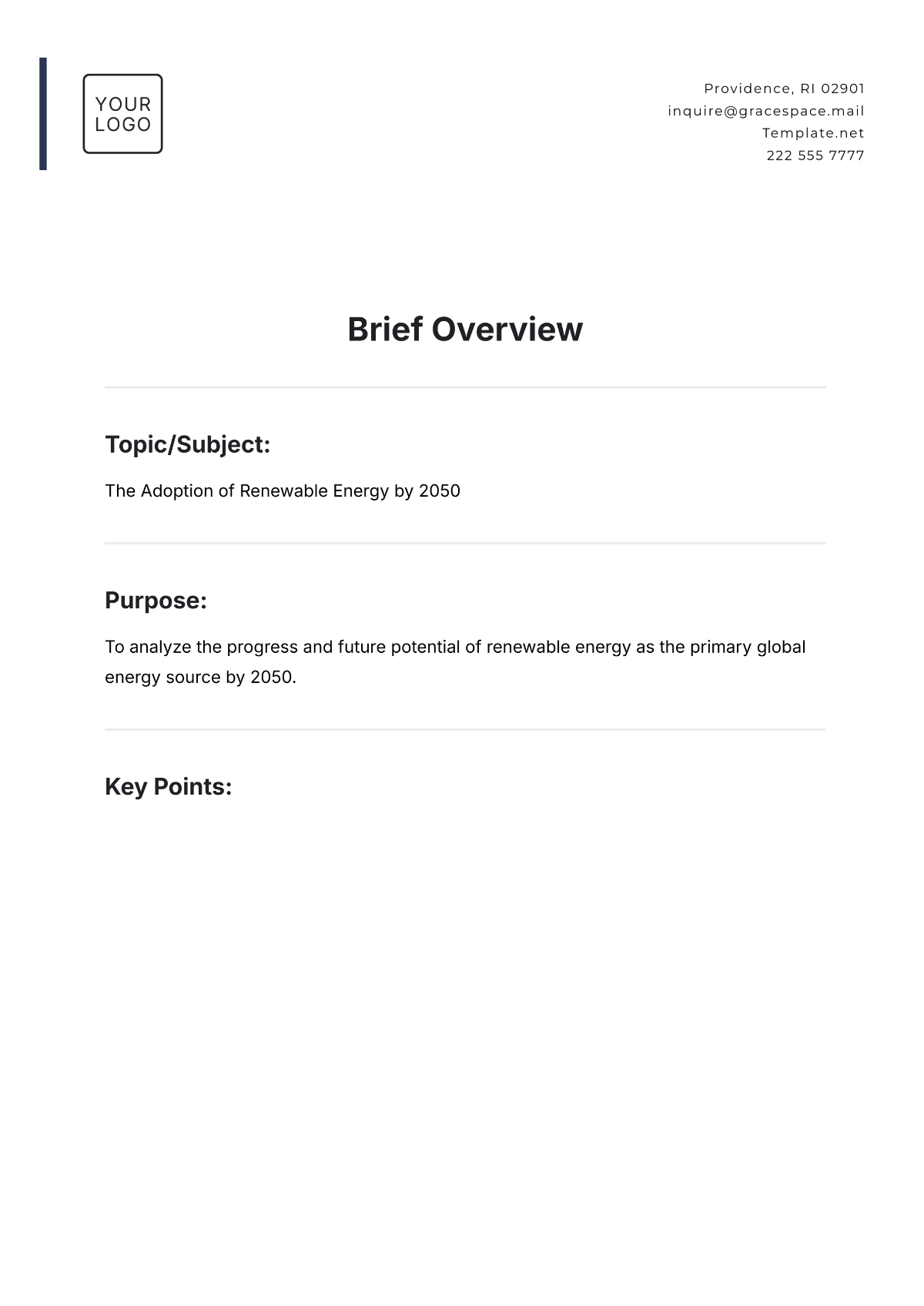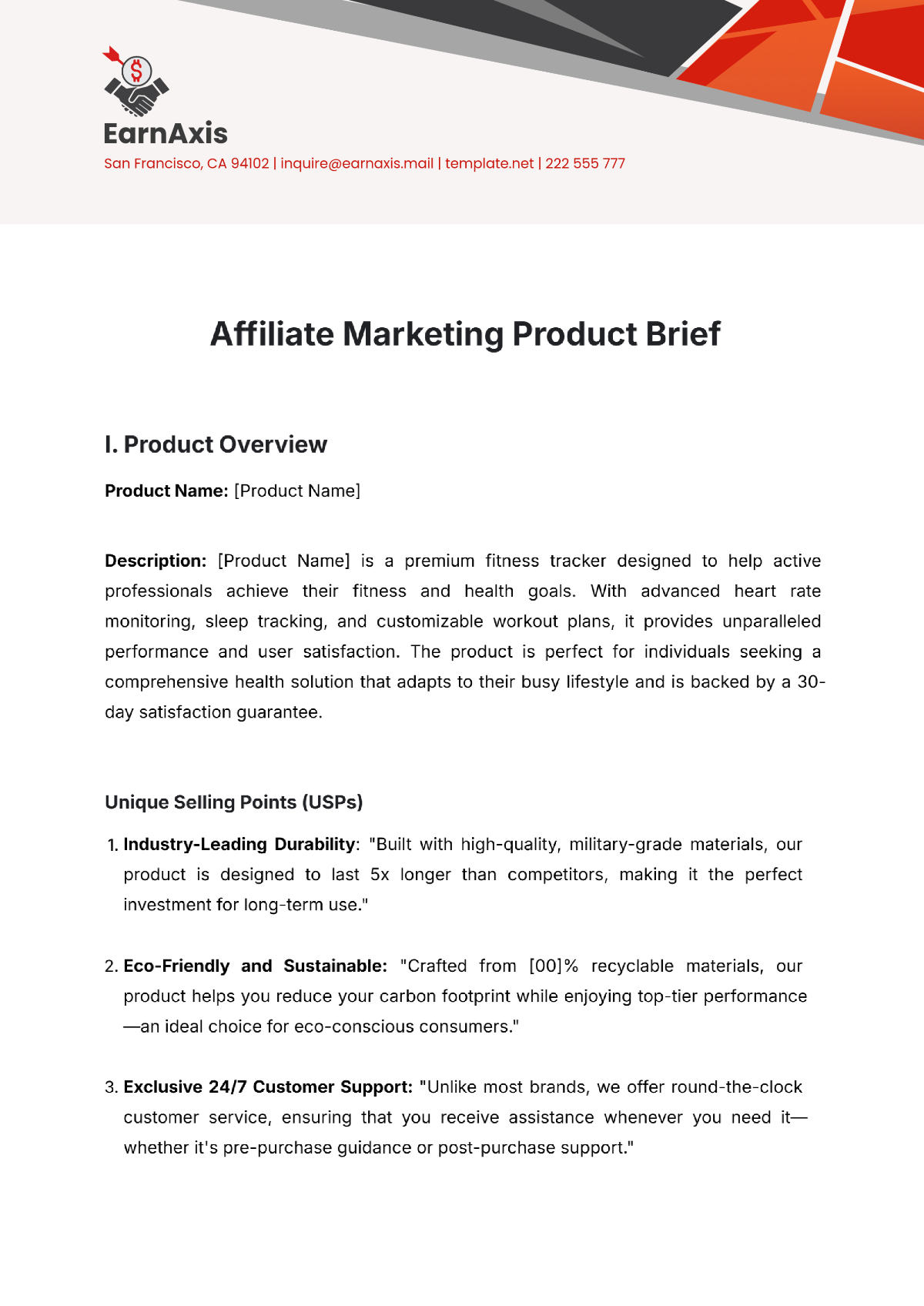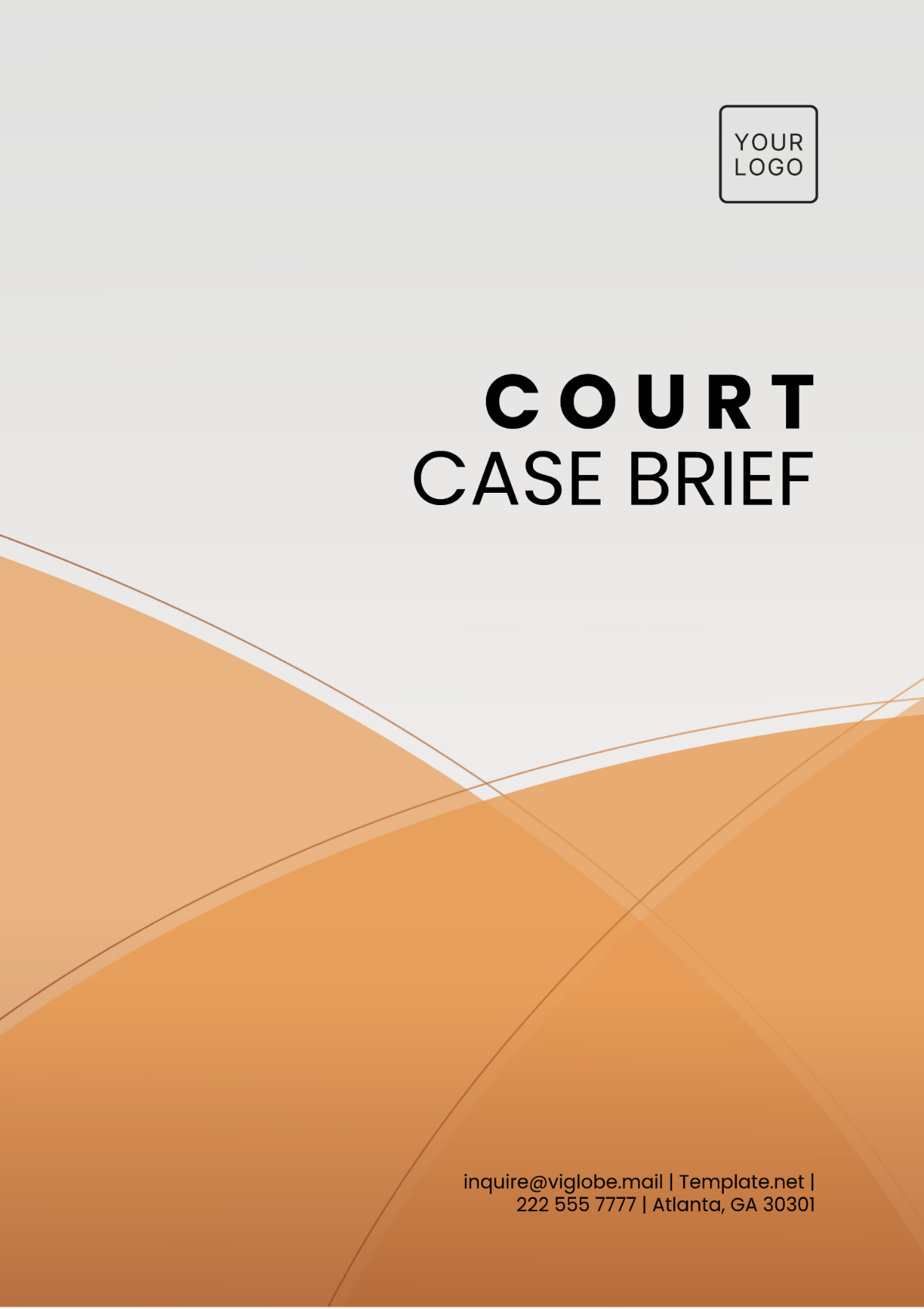Post-Project Debrief
Prepared by: [Your Name]
Date: [Date]
Company: [Your Company Name]
Project Overview:
Objectives and Scope:
Our primary objective was to successfully implement the [Project Name] to enhance specific business processes, with a specific focus on streamlining communication and data management. The project scope was defined as including modules A, B, and C, ensuring a comprehensive solution.
Stakeholders and Roles:
Key stakeholders included the CEO, IT Director, and Department Heads, each assigned specific roles and responsibilities detailed in the project charter.
Timeline and Milestones:
The project adhered to the established timeline, with milestones achieved as follows: Software Configuration - Completed on [date], User Training - Completed on [date]].
Budget and Resource Allocation:
Budget allocation was meticulously managed, and resources were allocated based on the project's needs, resulting in optimal utilization.
Achievements:
Successful Deliverables:
All project deliverables, including Software Deployment, User Training, and System Integration, were completed, meeting or exceeding the defined quality standards.
Meeting or Exceeding Key Performance Indicators:
Key performance indicators, including system uptime, and user adoption rates, were consistently met or surpassed throughout the project.
Positive Stakeholder Feedback:
Stakeholder feedback was overwhelmingly positive, underscoring their satisfaction with the project outcomes and improved operational efficiency.
Challenges Faced:
Identified Issues and Obstacles:
Challenges encountered included integration complexities, and unforeseen software bugs, requiring proactive measures to address them.
Mitigation Strategies Implemented:
Mitigation strategies such as engaging additional technical support and implementing temporary workarounds were implemented promptly to minimize the impact of challenges.
Impact on Project Timeline and Resources:
Despite challenges, the project timeline was minimally affected, and resources were reallocated efficiently to ensure minimal disruption.
Lessons Learned:
What Worked Well:
Effective collaboration and communication, streamlined processes, and utilization of project management tools were notable successes.
Areas for Improvement:
Identified areas for improvement include enhancing communication during system downtime, and conducting more thorough pre-launch testing, emphasizing the importance of refining these aspects in future projects.
Unforeseen Challenges and Contingency Planning:
Lessons learned from unforeseen challenges underscore the need for robust contingency plans in similar circumstances, particularly in software deployment and post-launch support.
Team Collaboration:
Communication Effectiveness:
Communication channels were effective, facilitating timely updates and addressing concerns promptly through regular team meetings, and project management platforms.
Team Dynamics and Cooperation:
Positive team dynamics and collaborative efforts significantly contributed to the project's success, fostering a culture of open communication and knowledge sharing.
Recognition of Outstanding Contributions:
Special acknowledgment to Lead Developer, and Project Manager for their outstanding contributions to the project's success.
Recommendations
Process Enhancements:
Recommend implementing a more structured communication plan during system updates, aimed at optimizing efficiency and effectiveness.
Skill Development Opportunities:
Identify skill development opportunities for team members, including advanced training in software troubleshooting and system debugging.
Tools and Technologies Evaluation:
Propose the evaluation of new tools or technologies, such as automated testing tools, to enhance project execution.
Future Project Implications:
Applicability of Lessons Learned:
Lessons learned are directly applicable to future projects, serving as a foundation for continuous improvement, especially in software implementation and system maintenance.
Knowledge Transfer and Documentation:
Emphasize the importance of knowledge transfer and comprehensive documentation to facilitate seamless transitions in future projects, with a focus on creating detailed system documentation.
Continuous Improvement Strategies:
Outline strategies for continuous improvement, including regular project reviews and ongoing skill development initiatives, ensuring that we stay ahead of technological advancements.
Closing Remarks
Acknowledgment of Team Efforts:
Express gratitude to the entire team for their hard work, dedication, and commitment to achieving project success. Your efforts have truly made a difference.
Expression of Gratitude to Stakeholders:
Extend gratitude to stakeholders for their unwavering support, collaboration, and valuable input throughout the [Project Name].
Looking Ahead to Future Collaborations:
Convey optimism about future collaborations, building on the valuable experiences gained from the [Project Name]. Together, we will continue to drive success and innovation.
